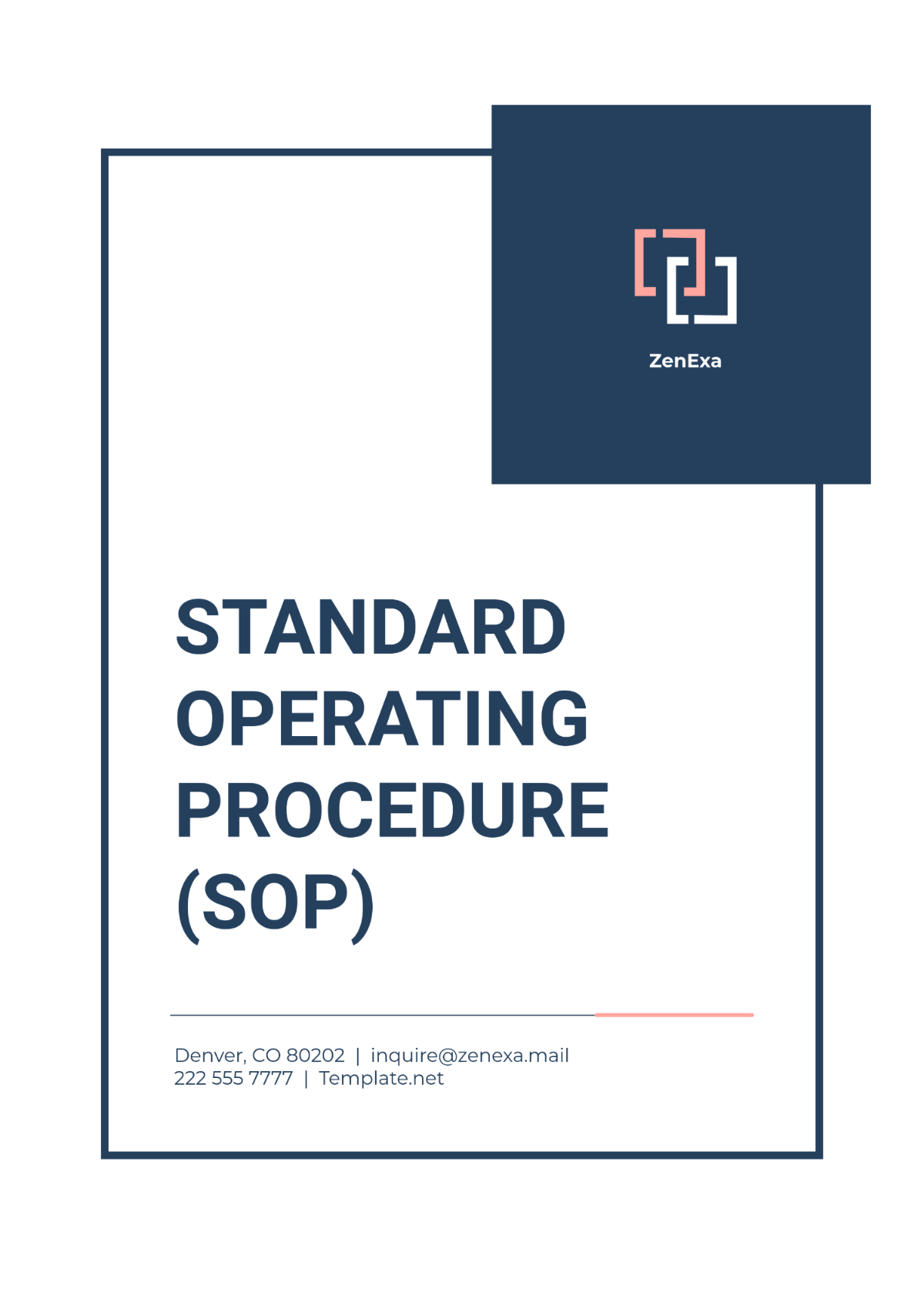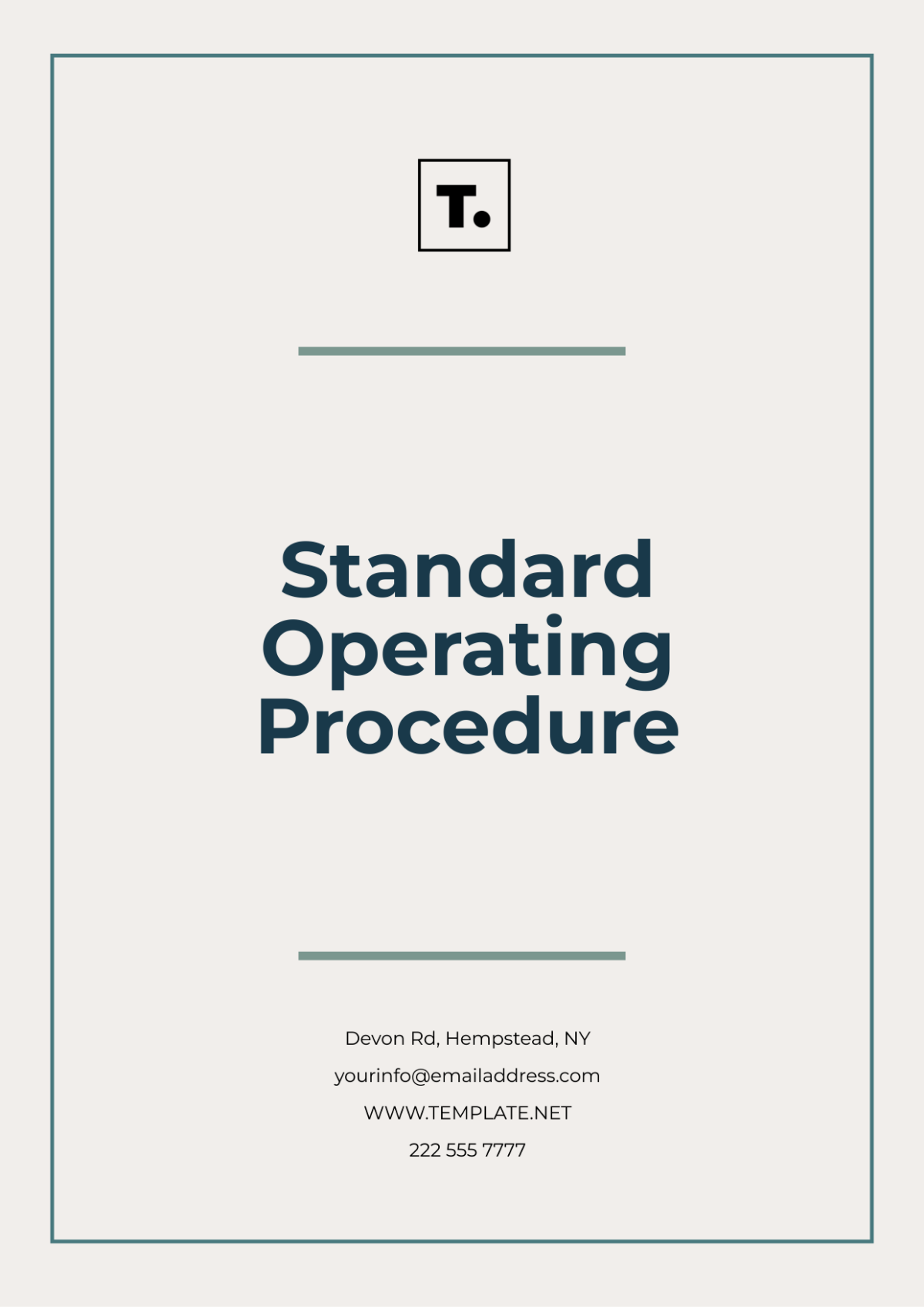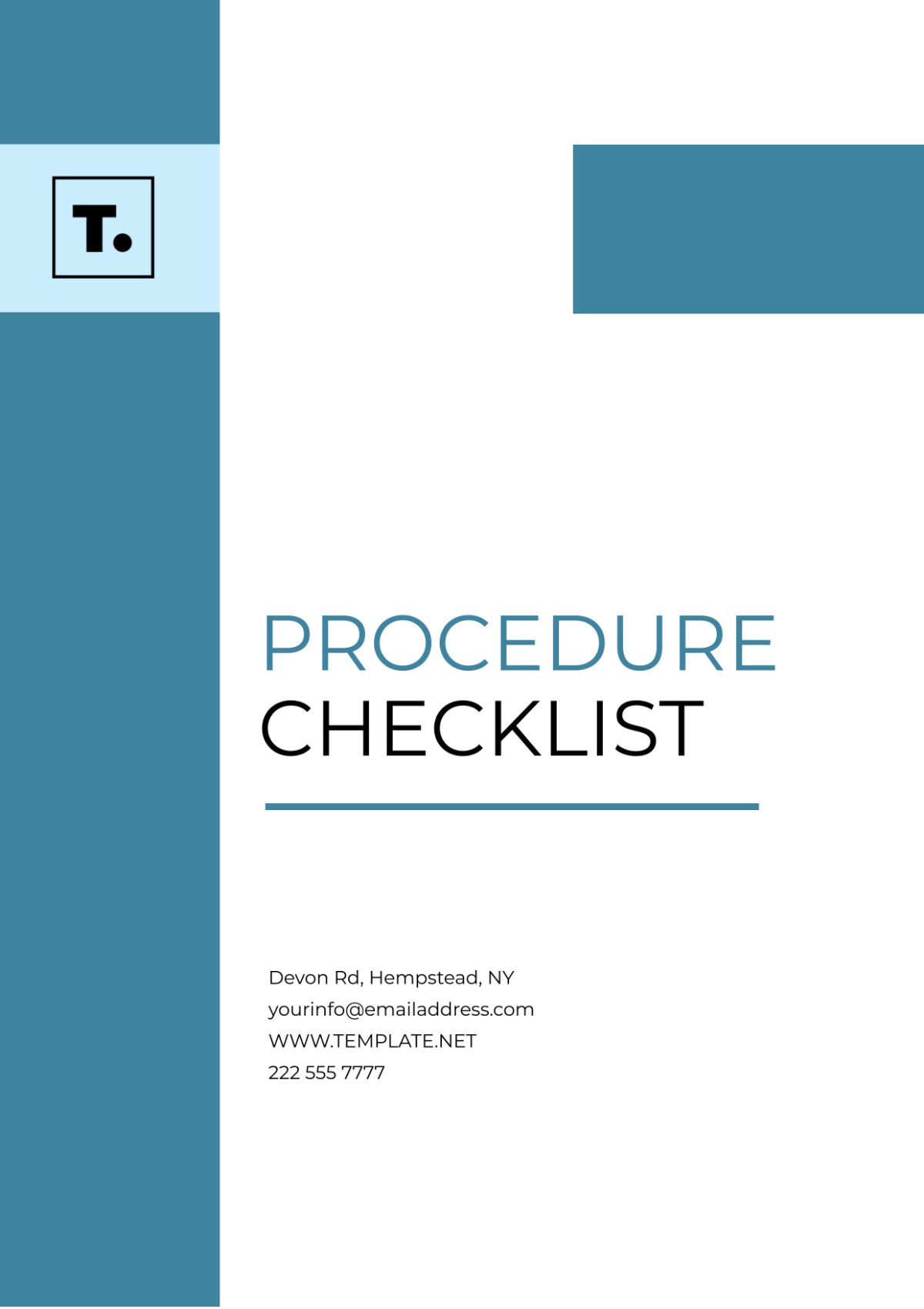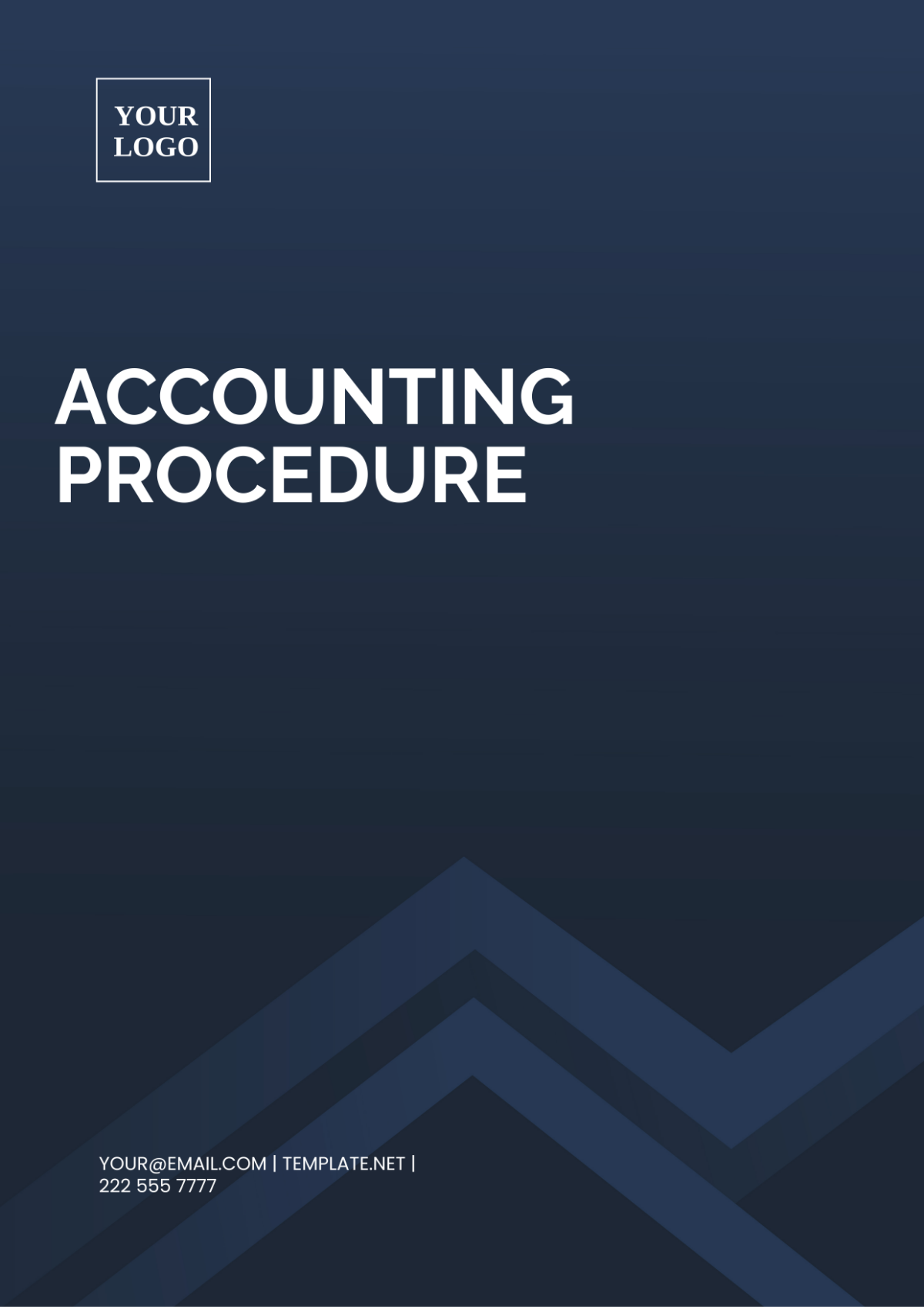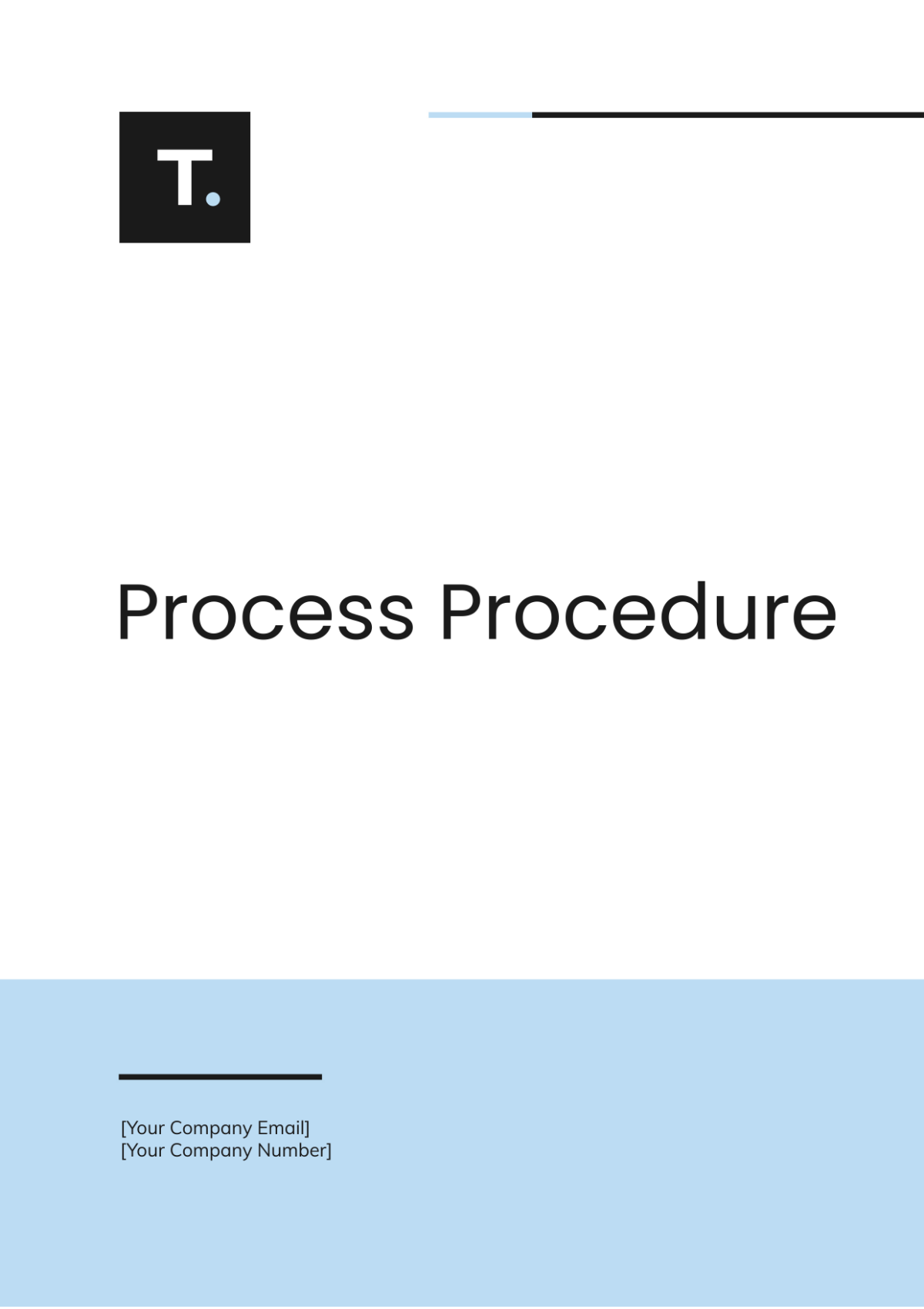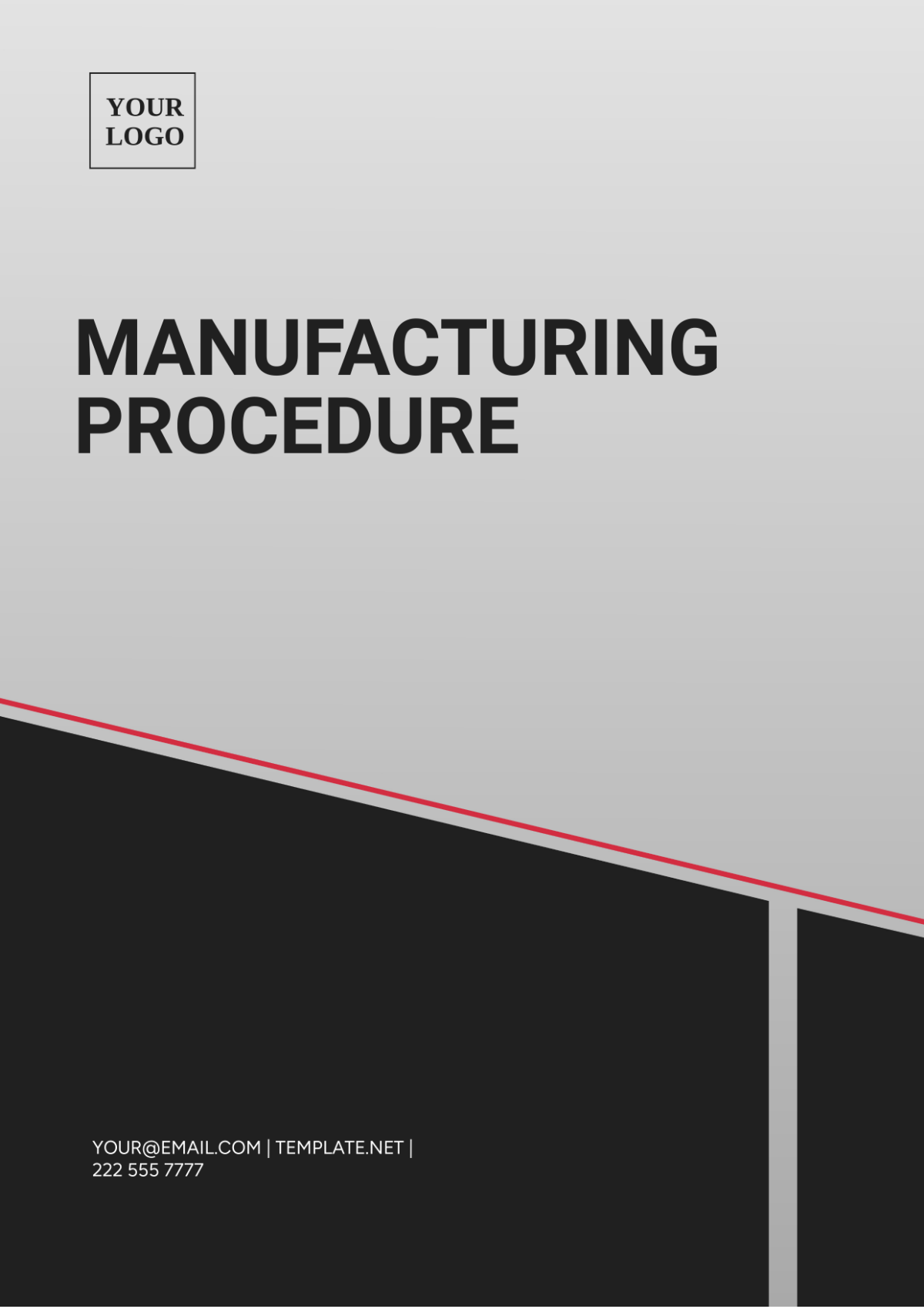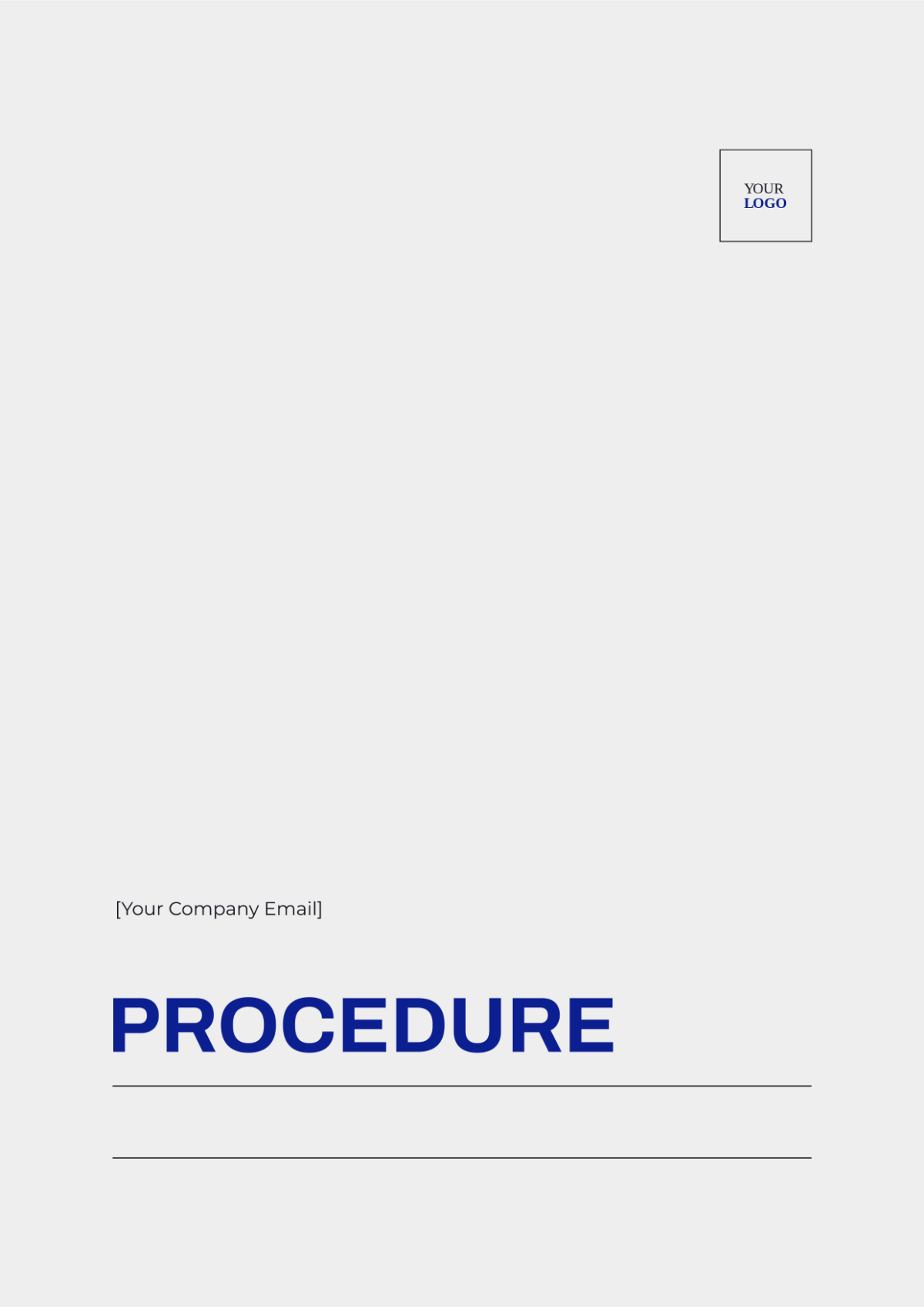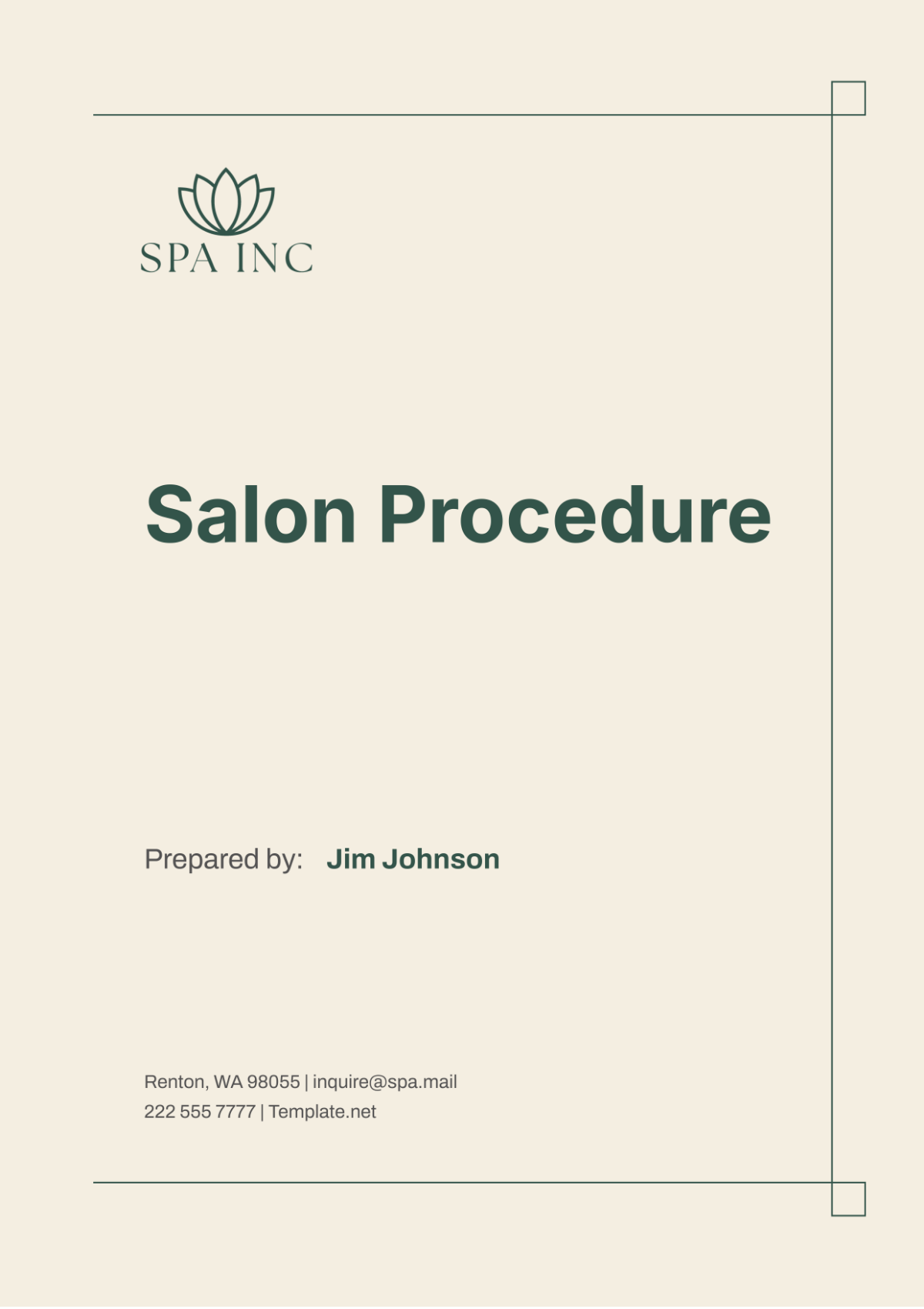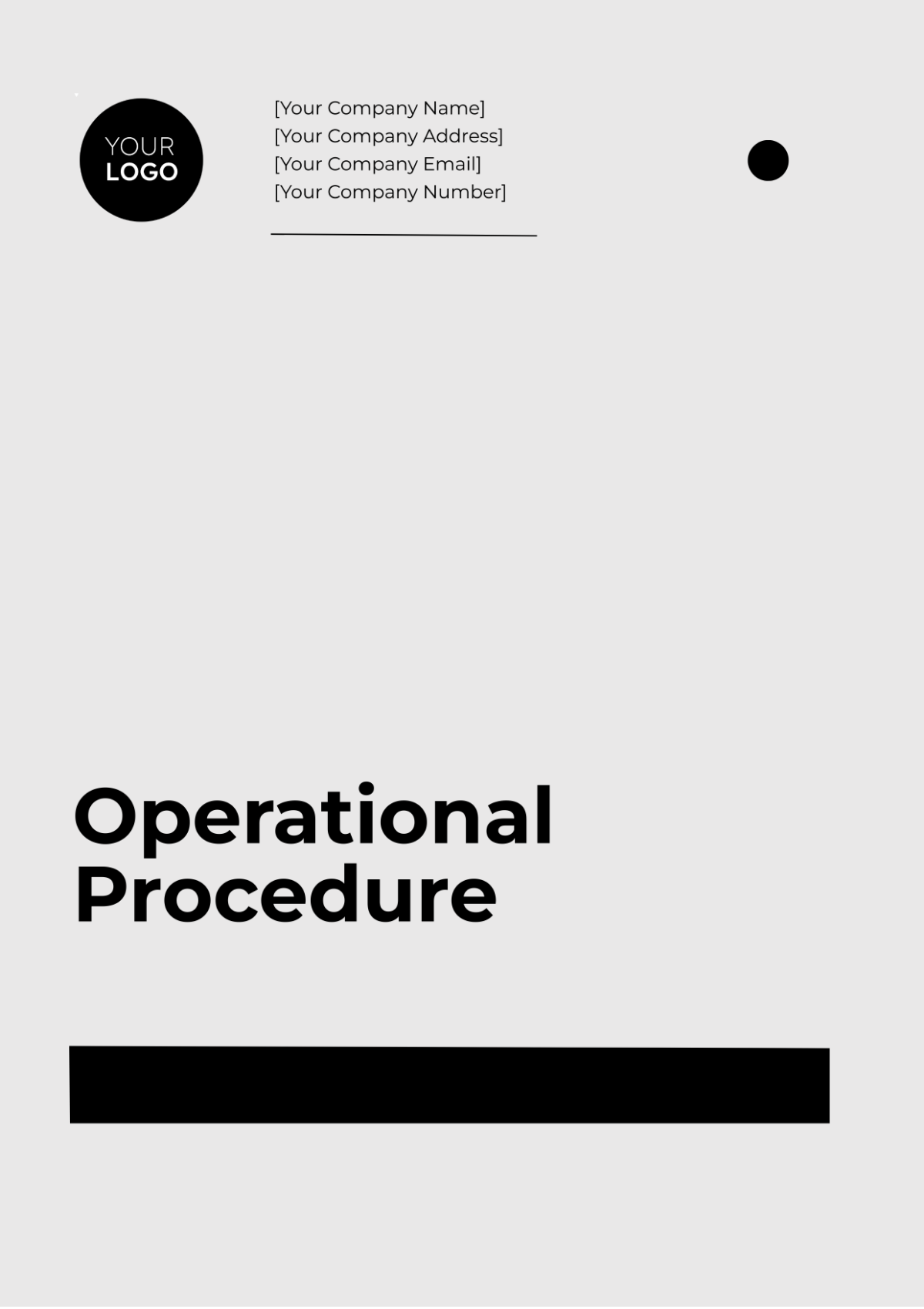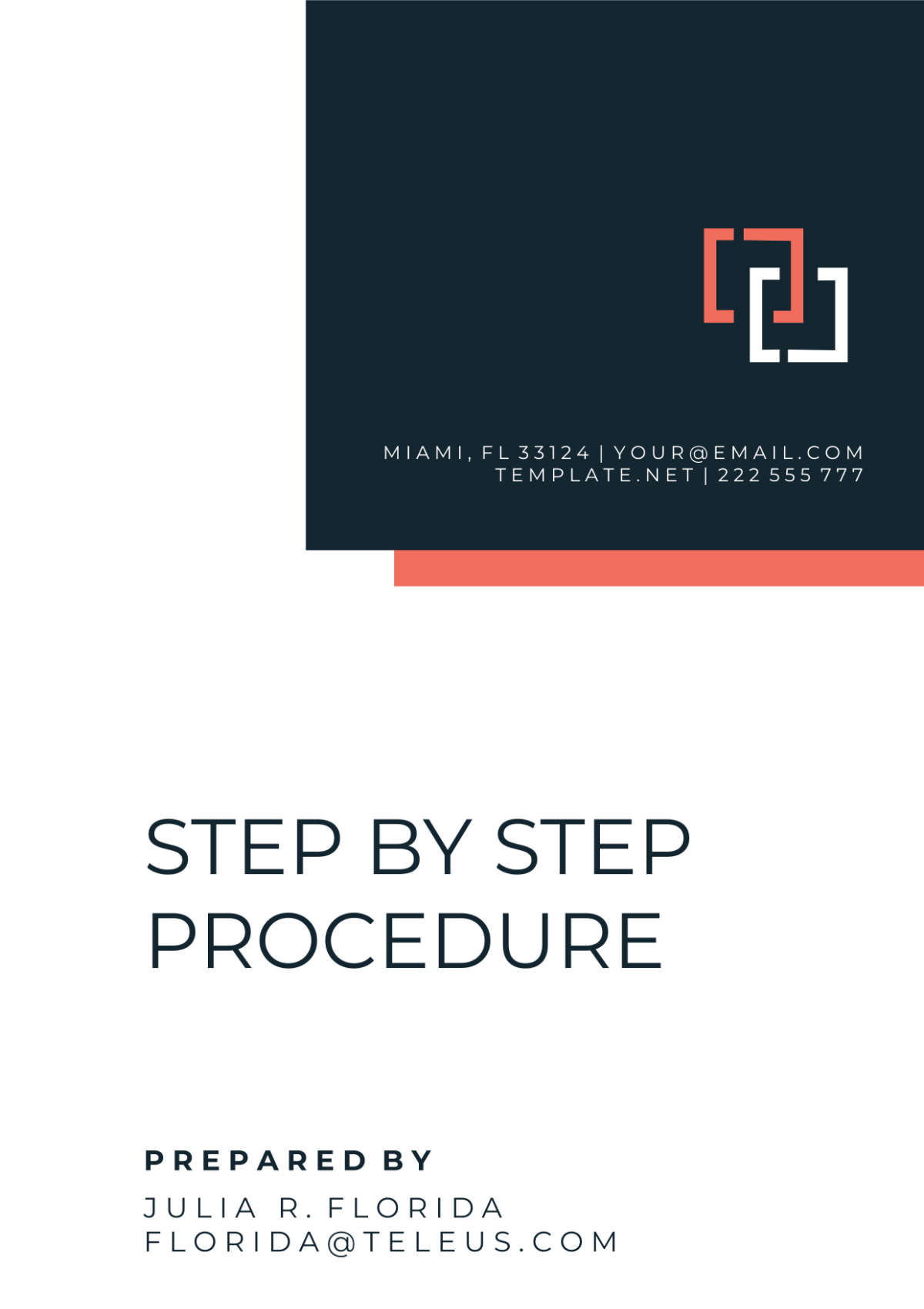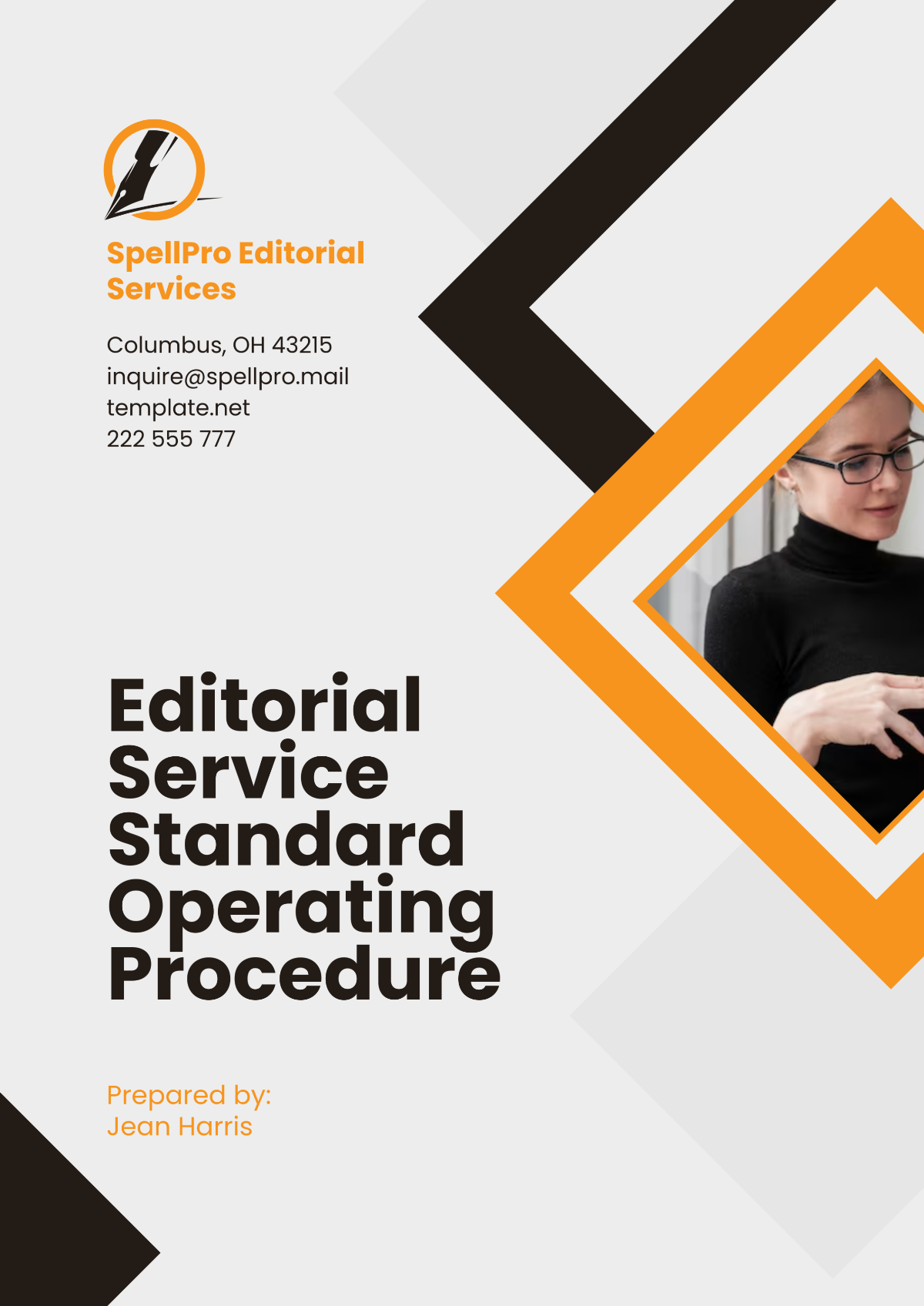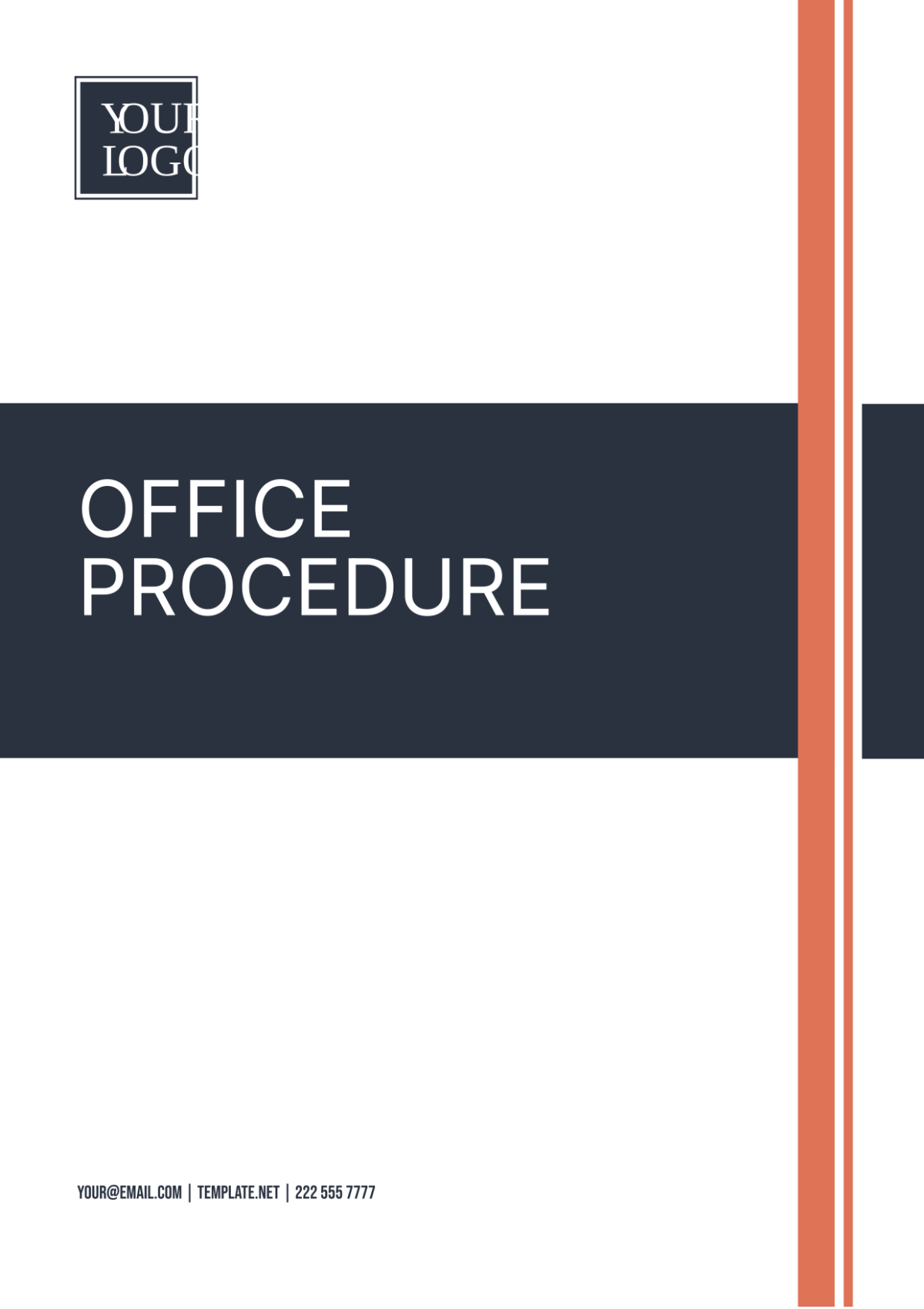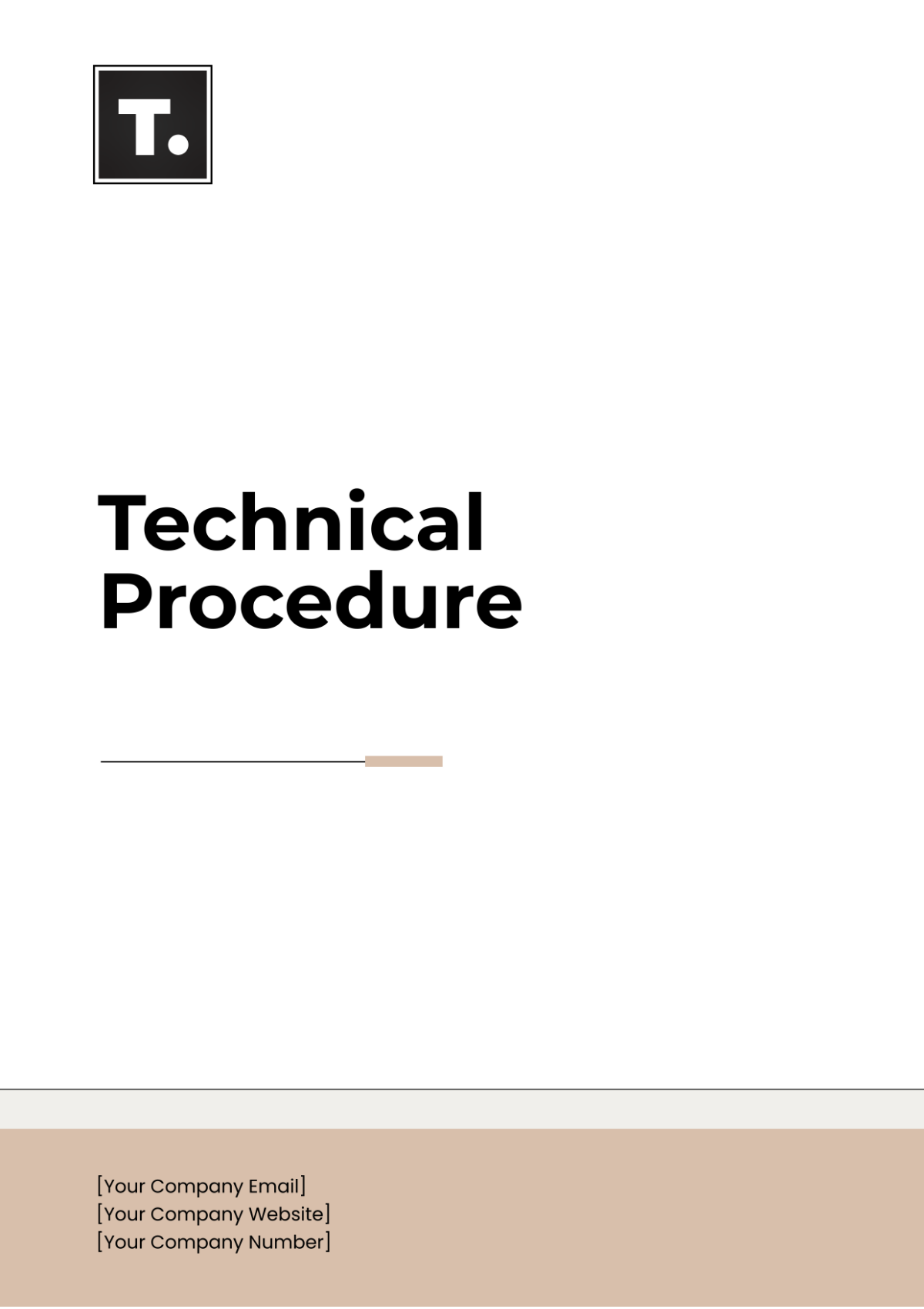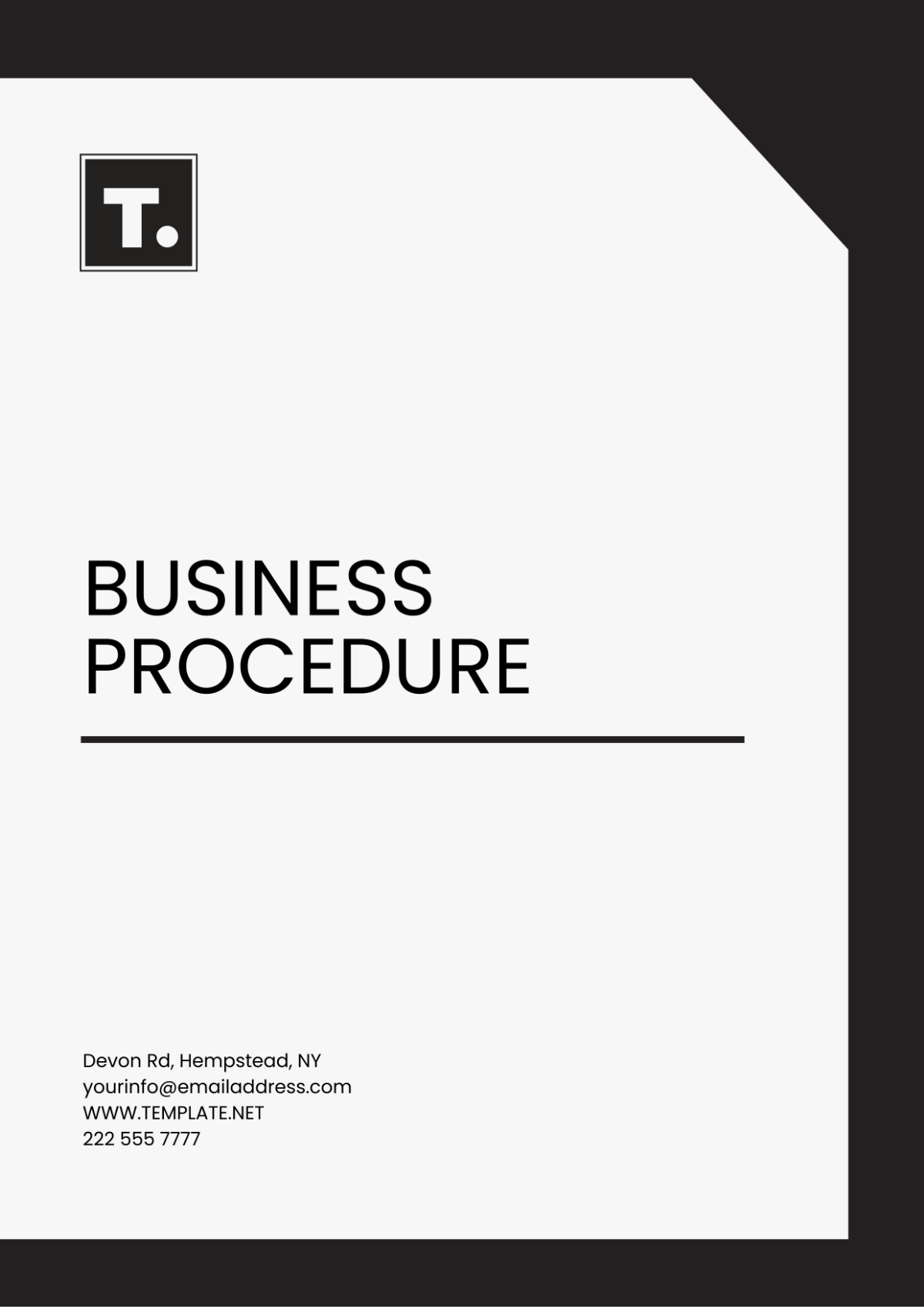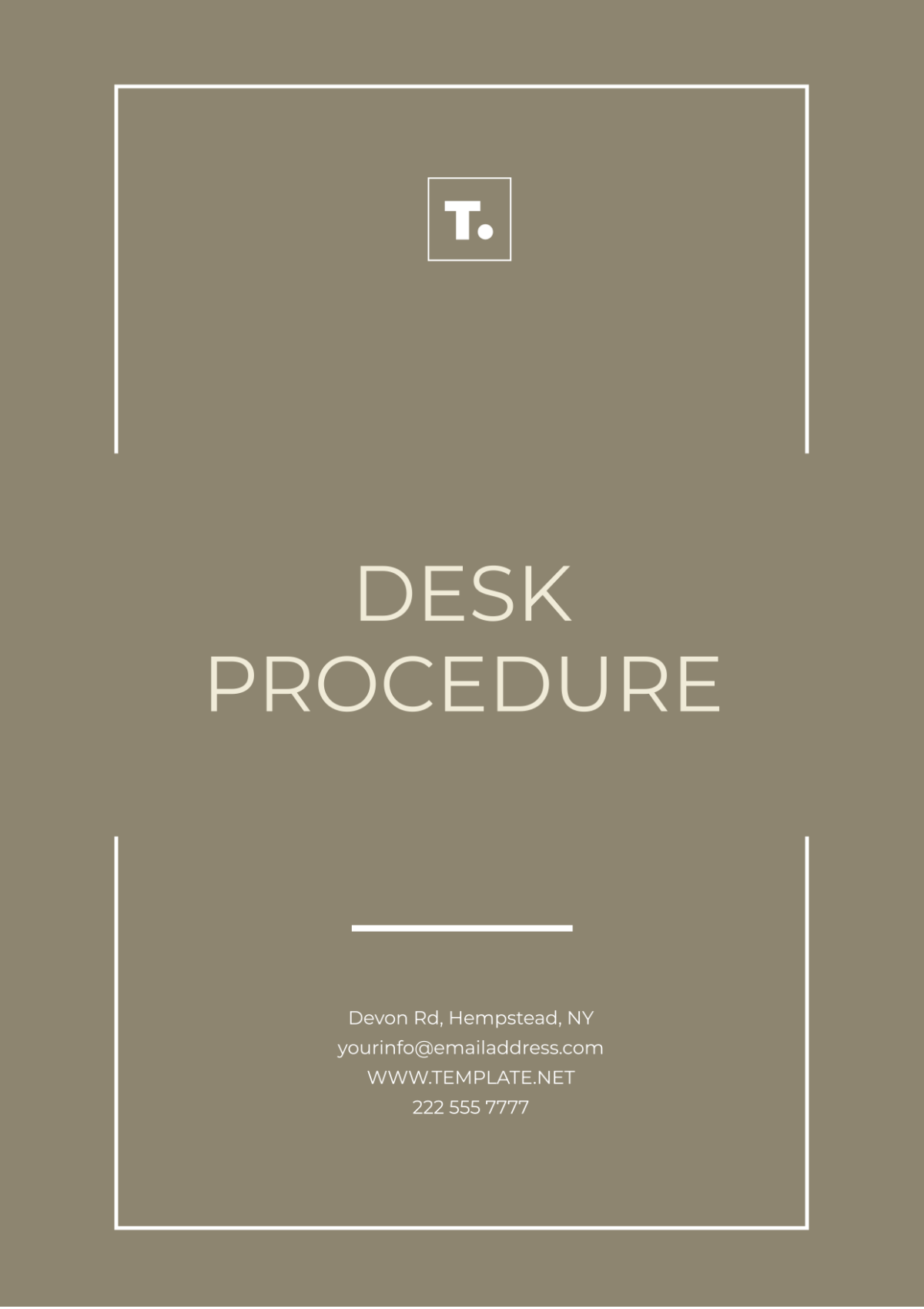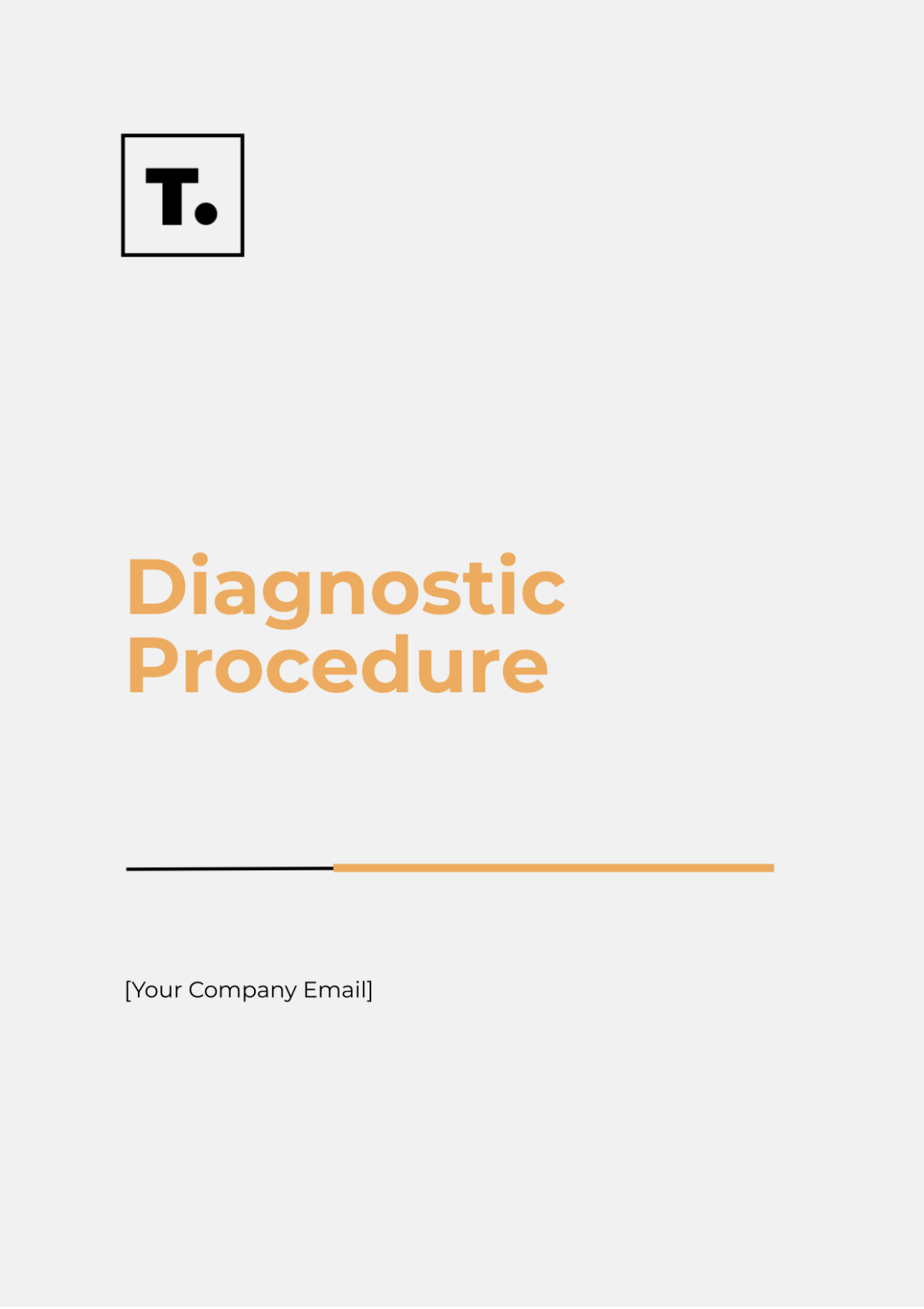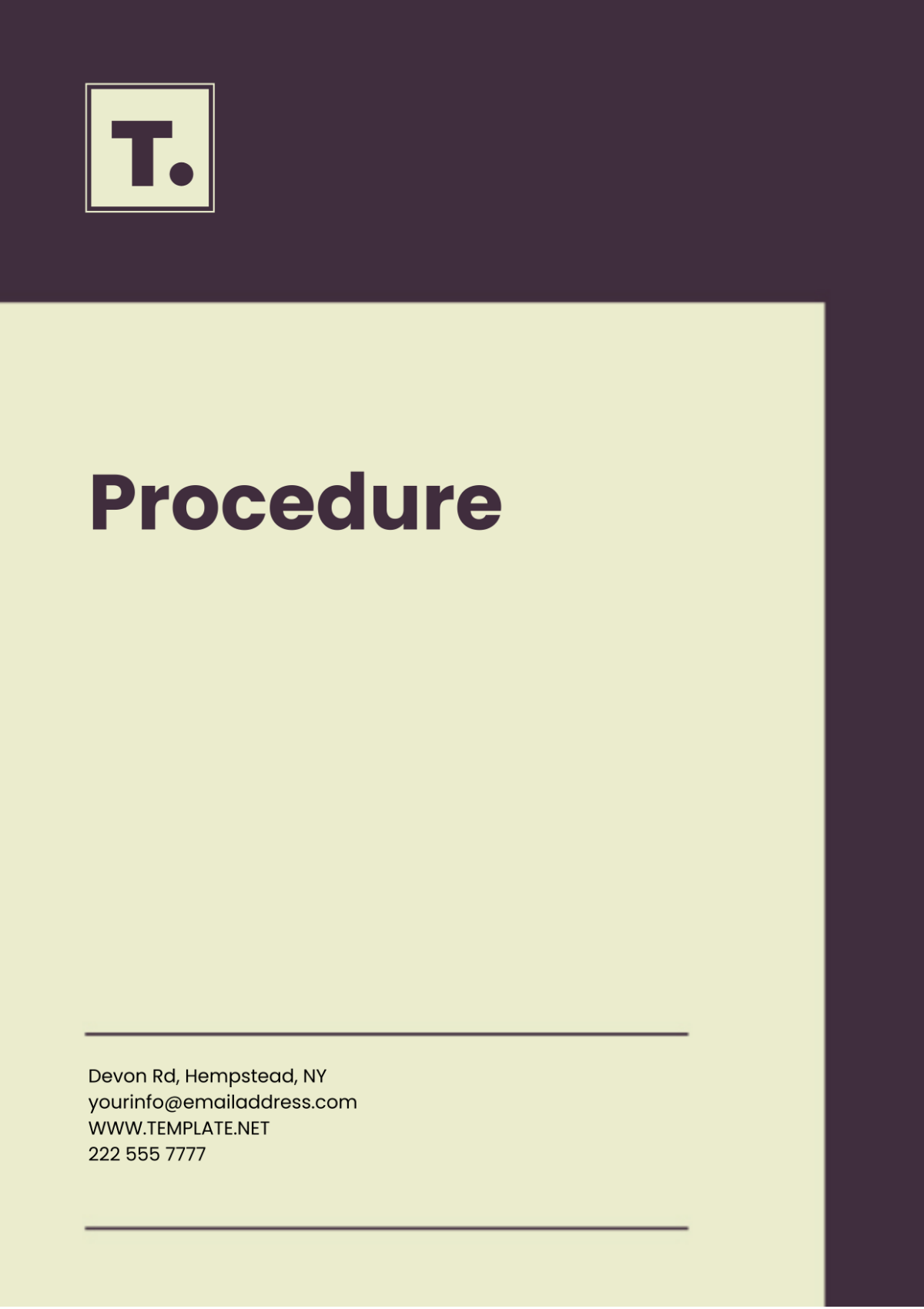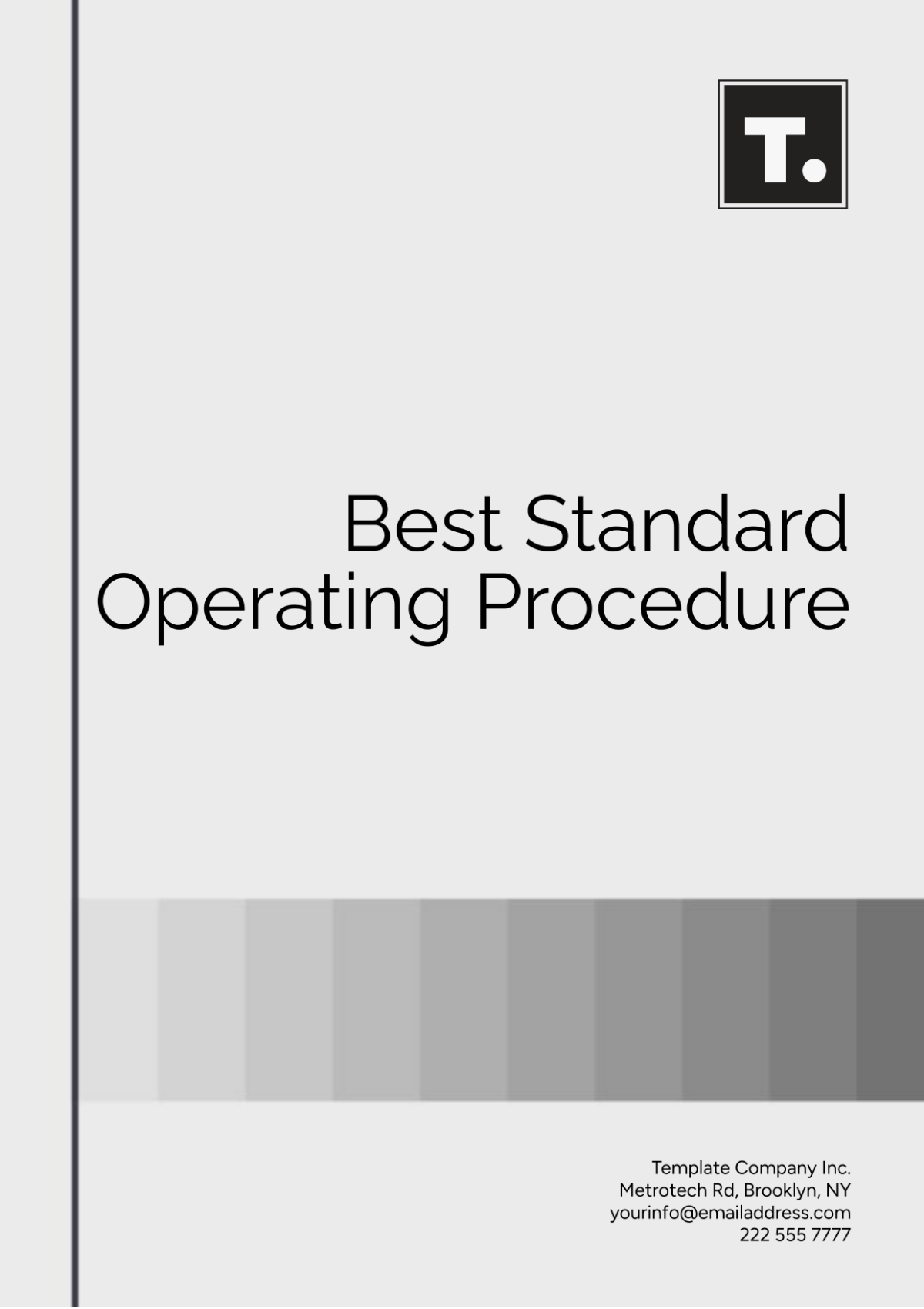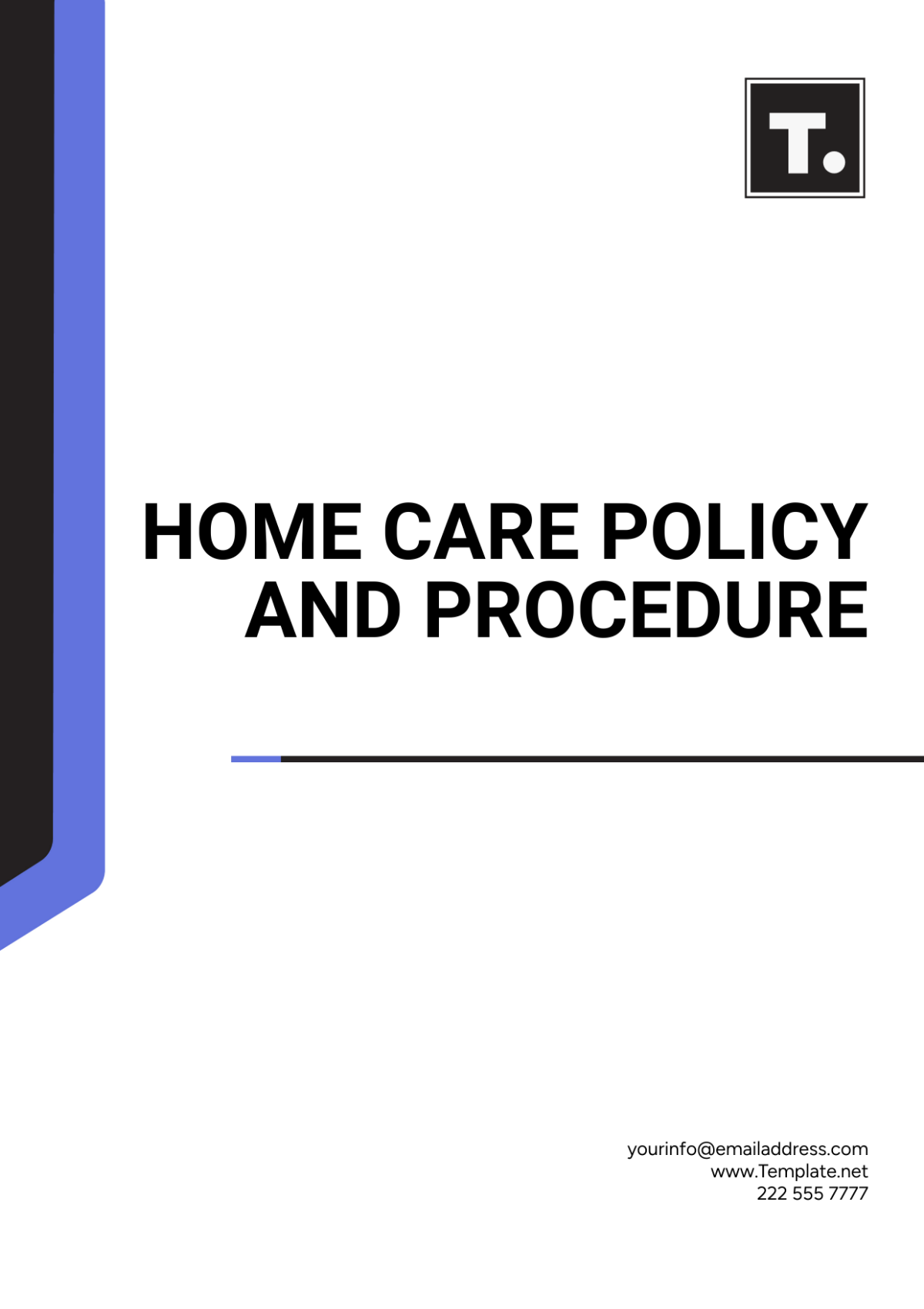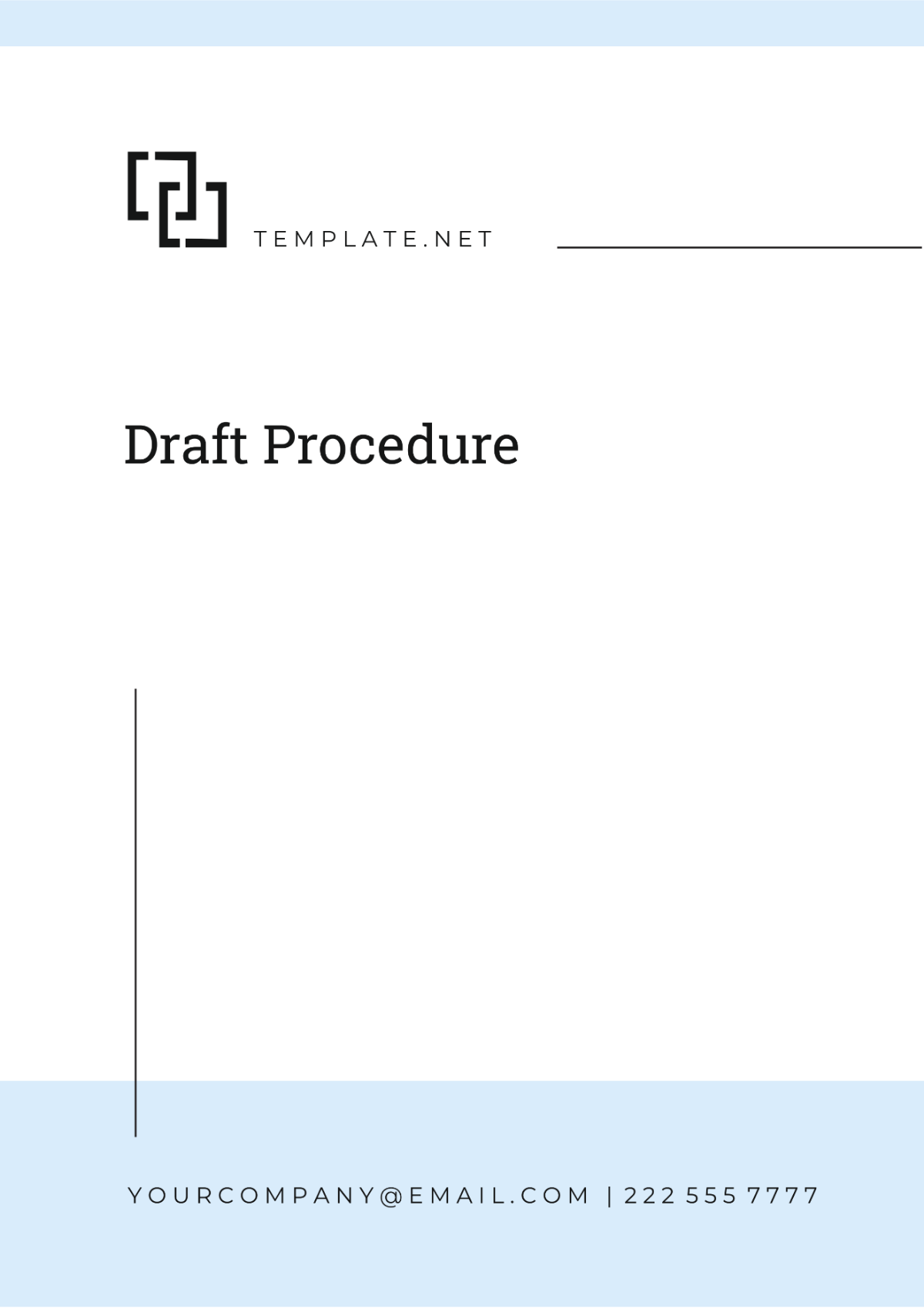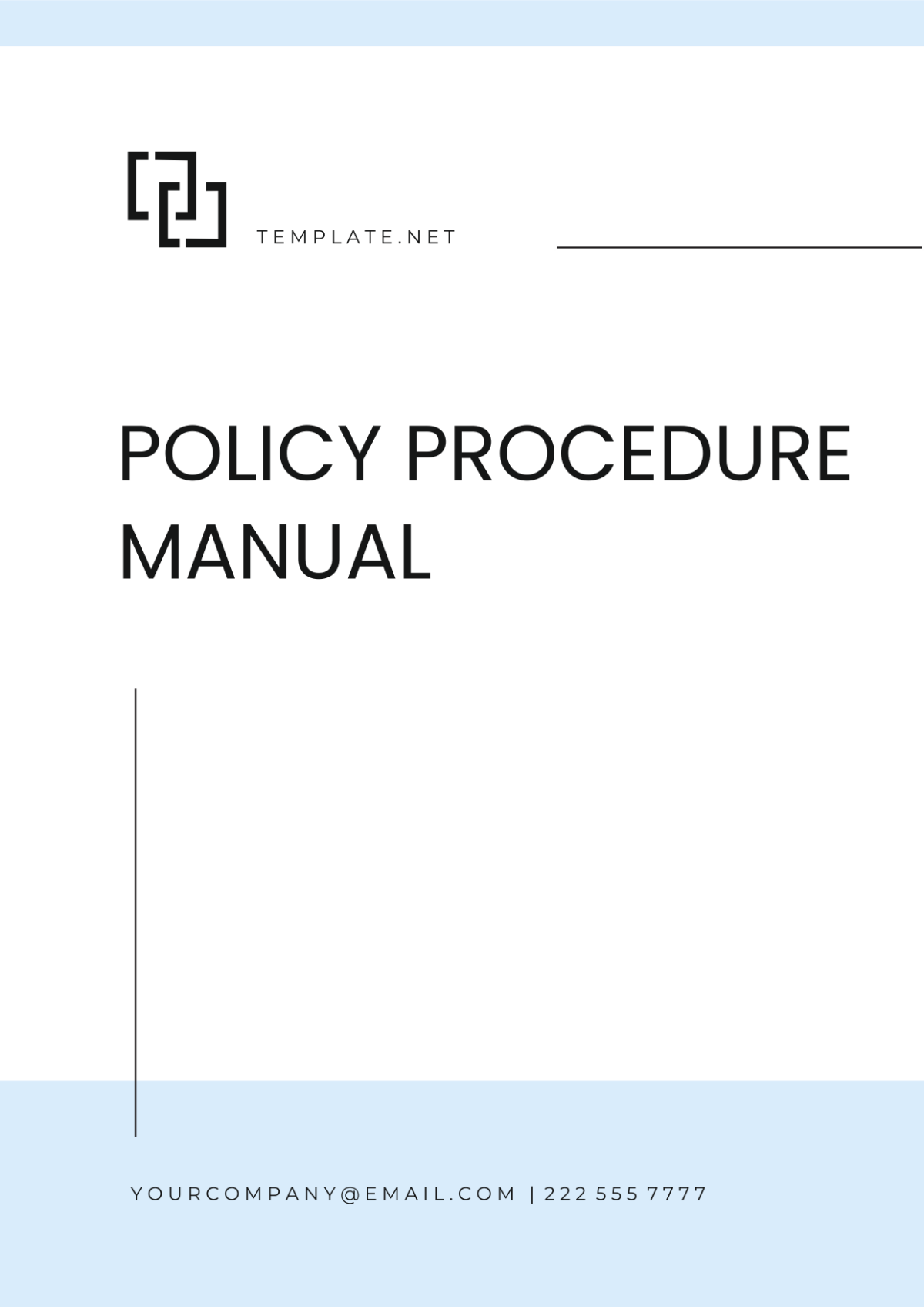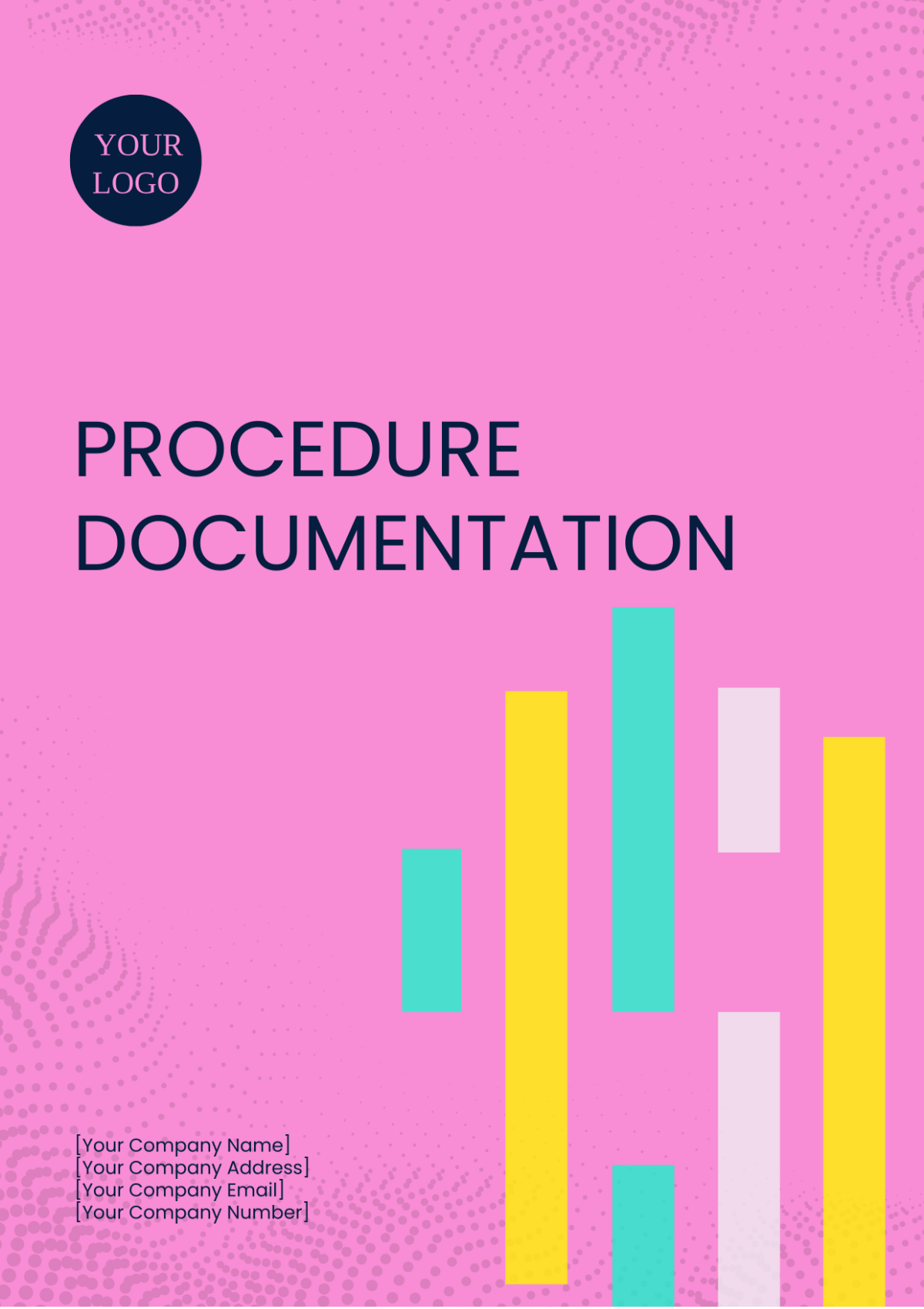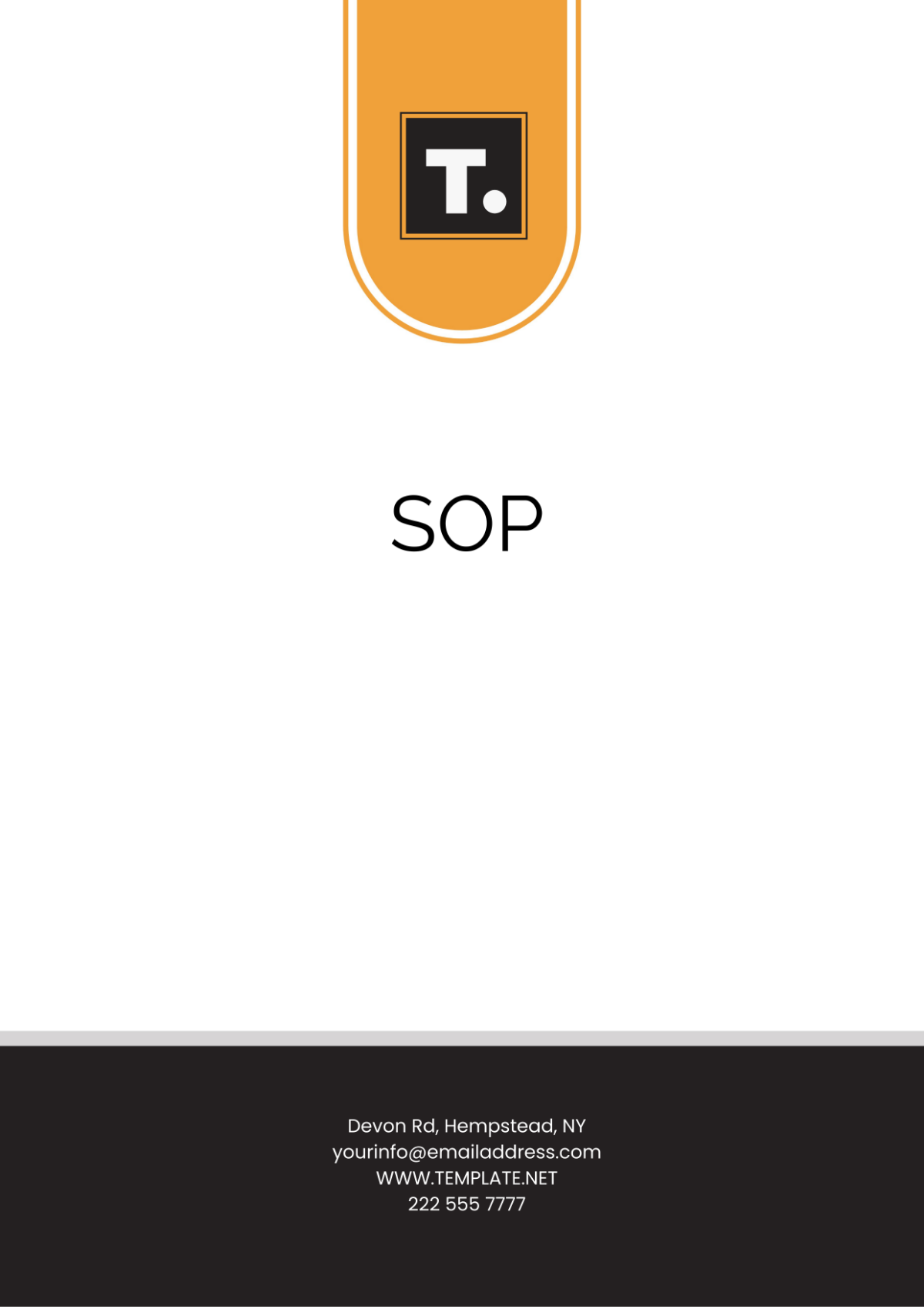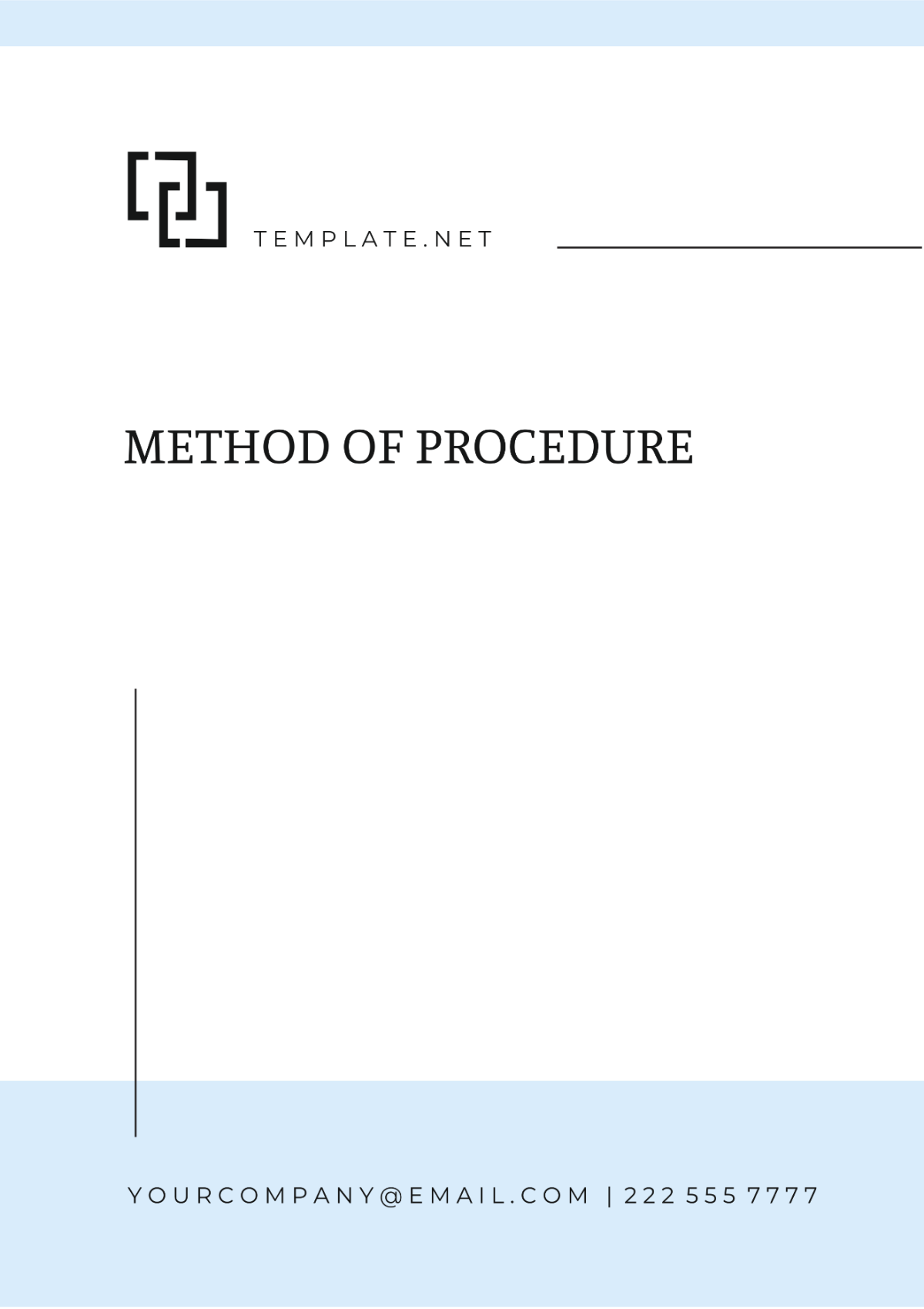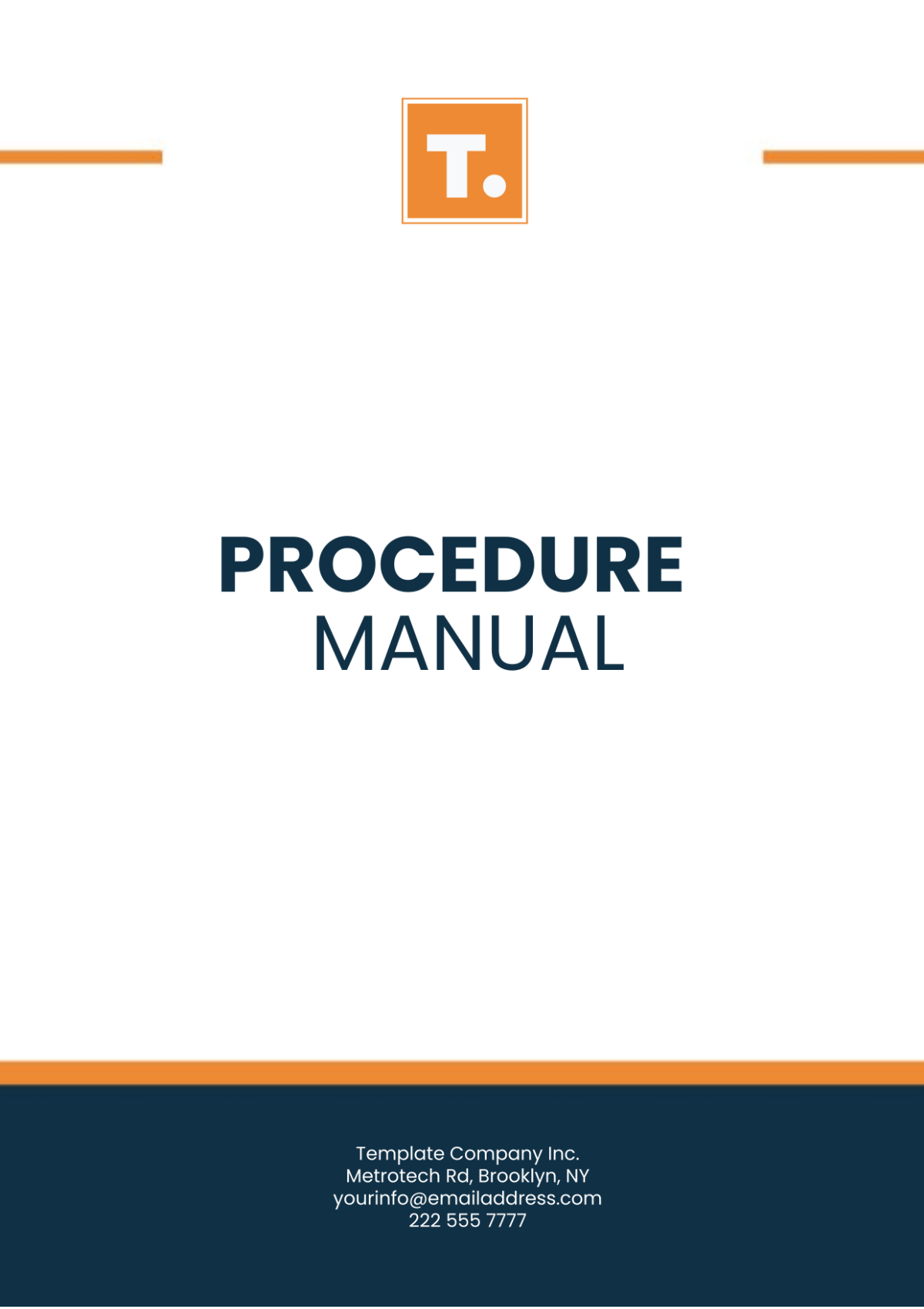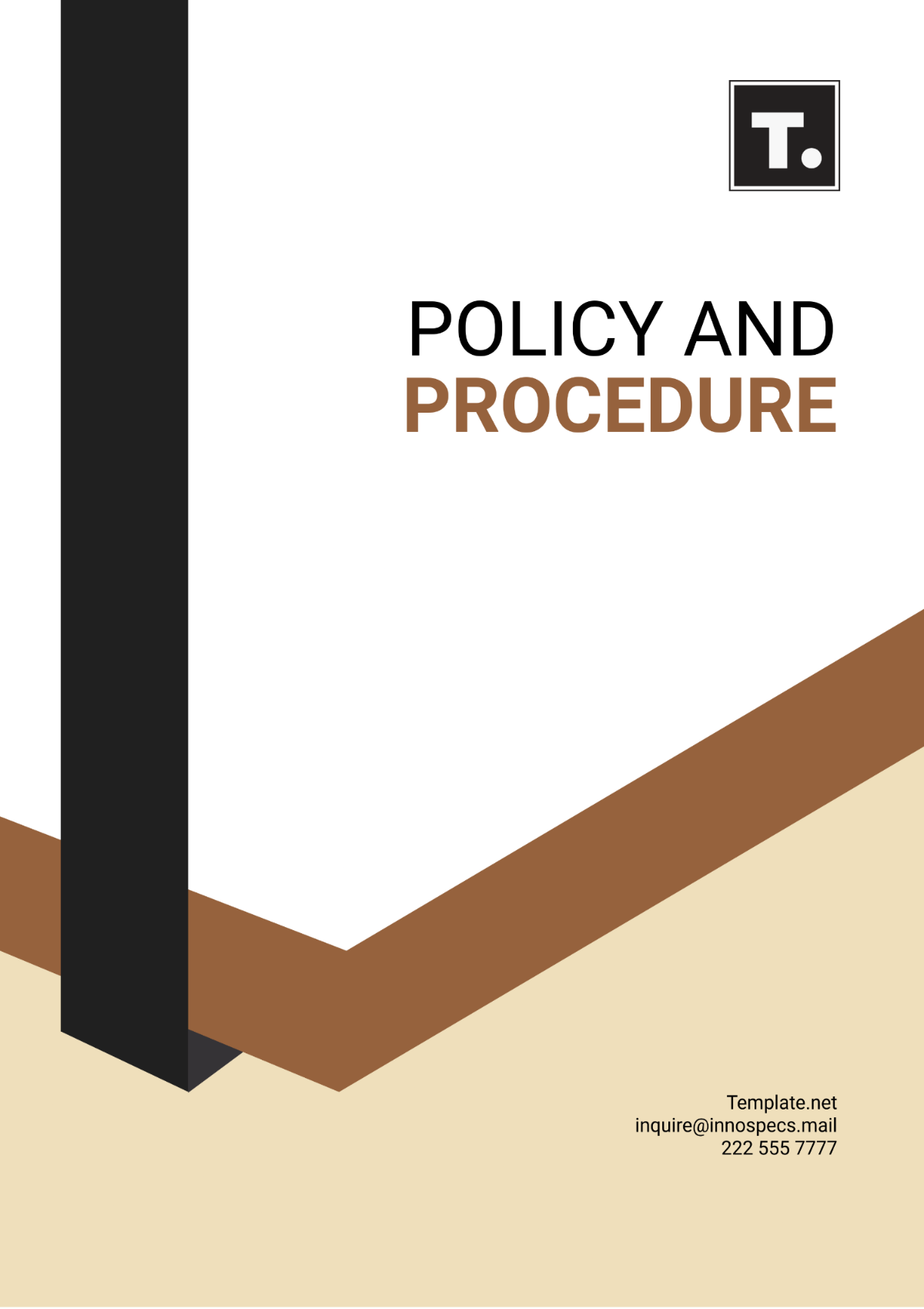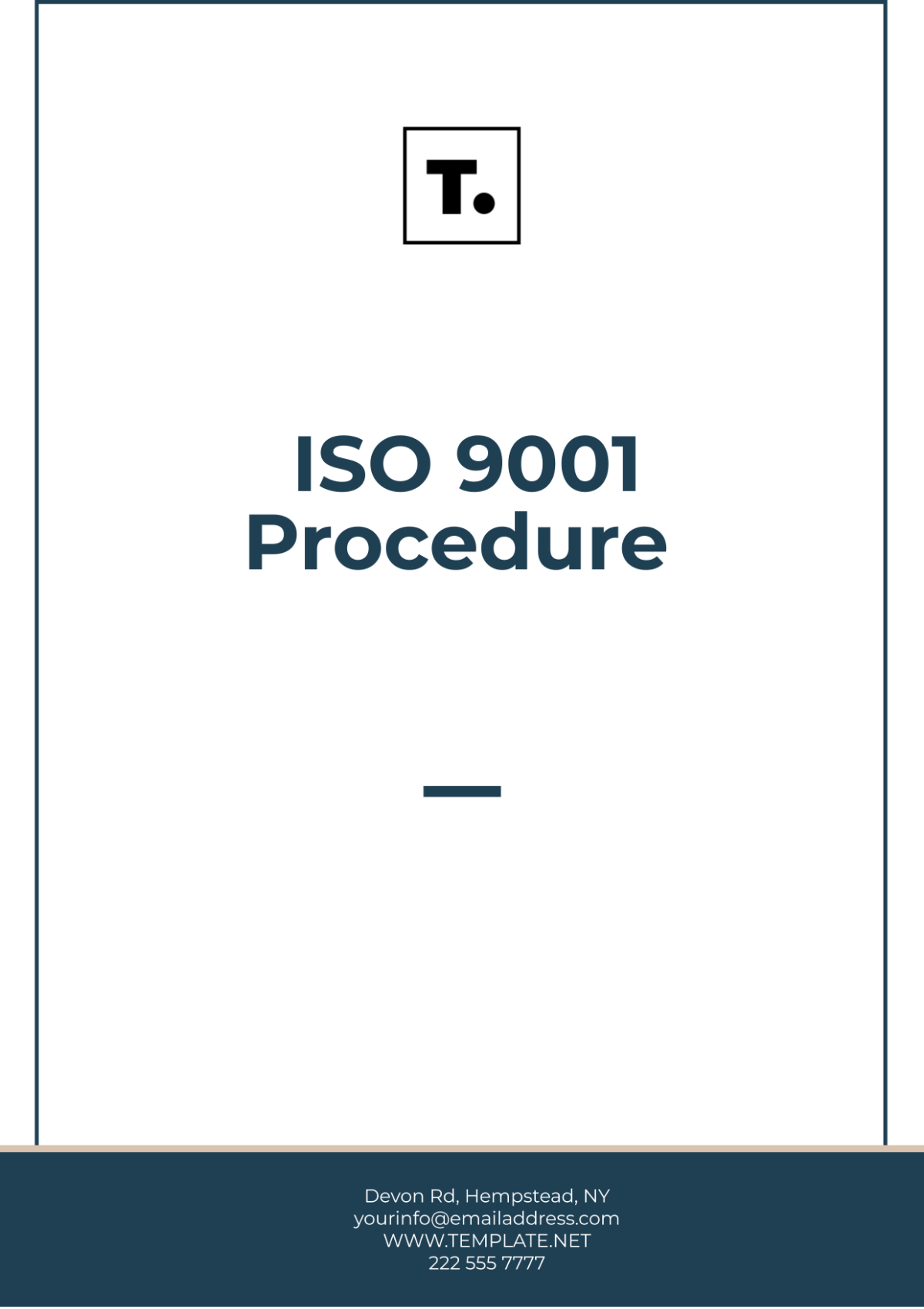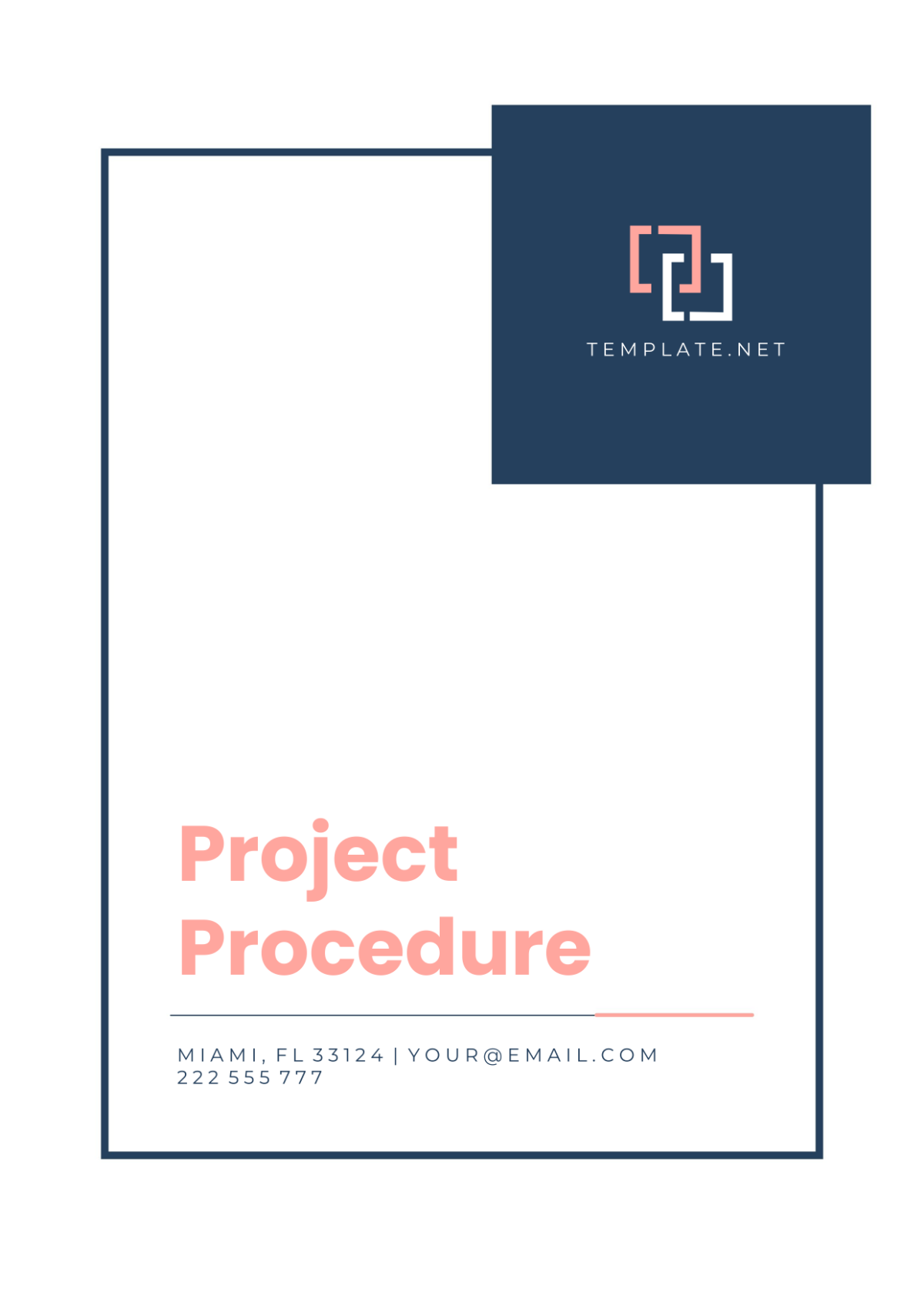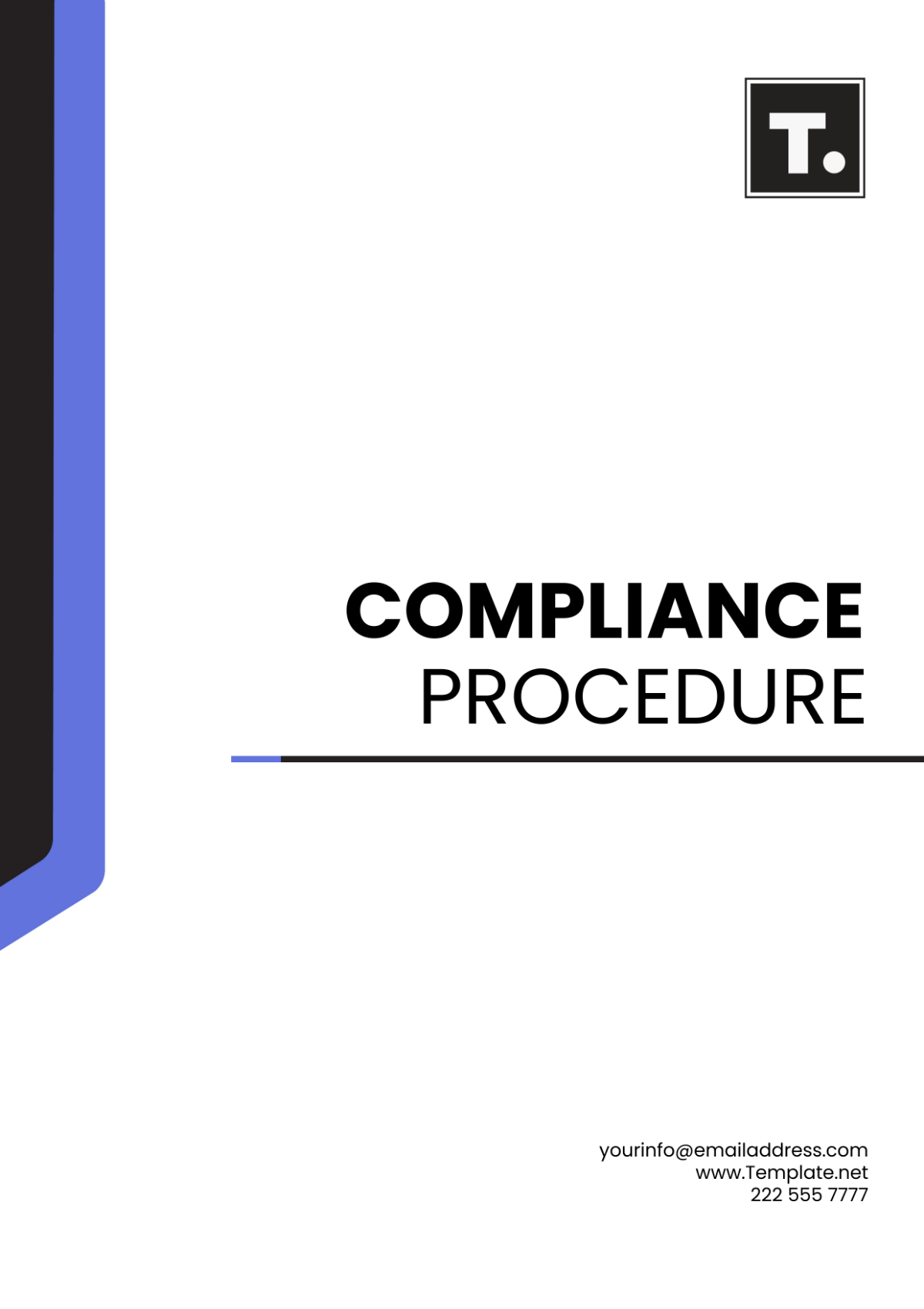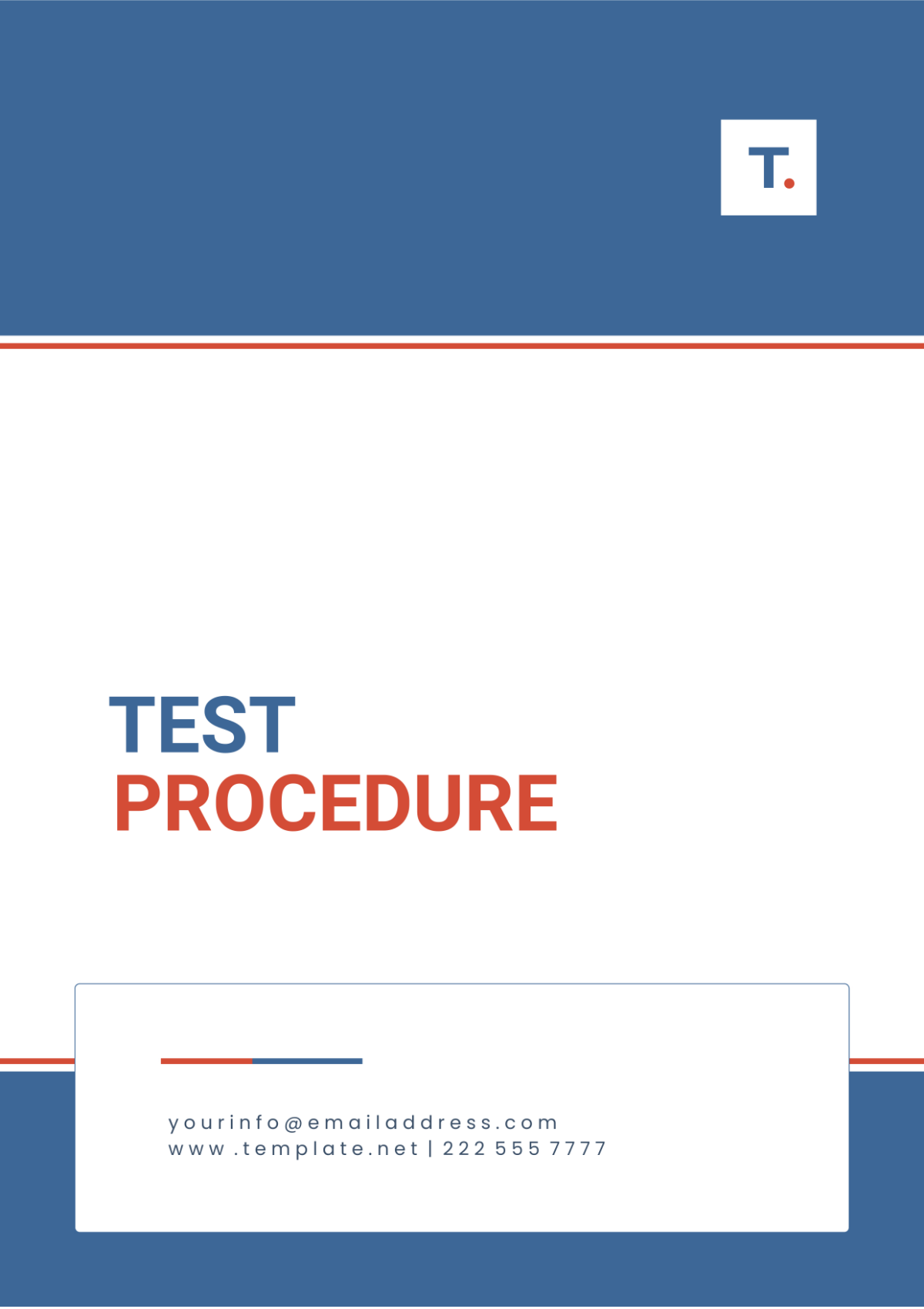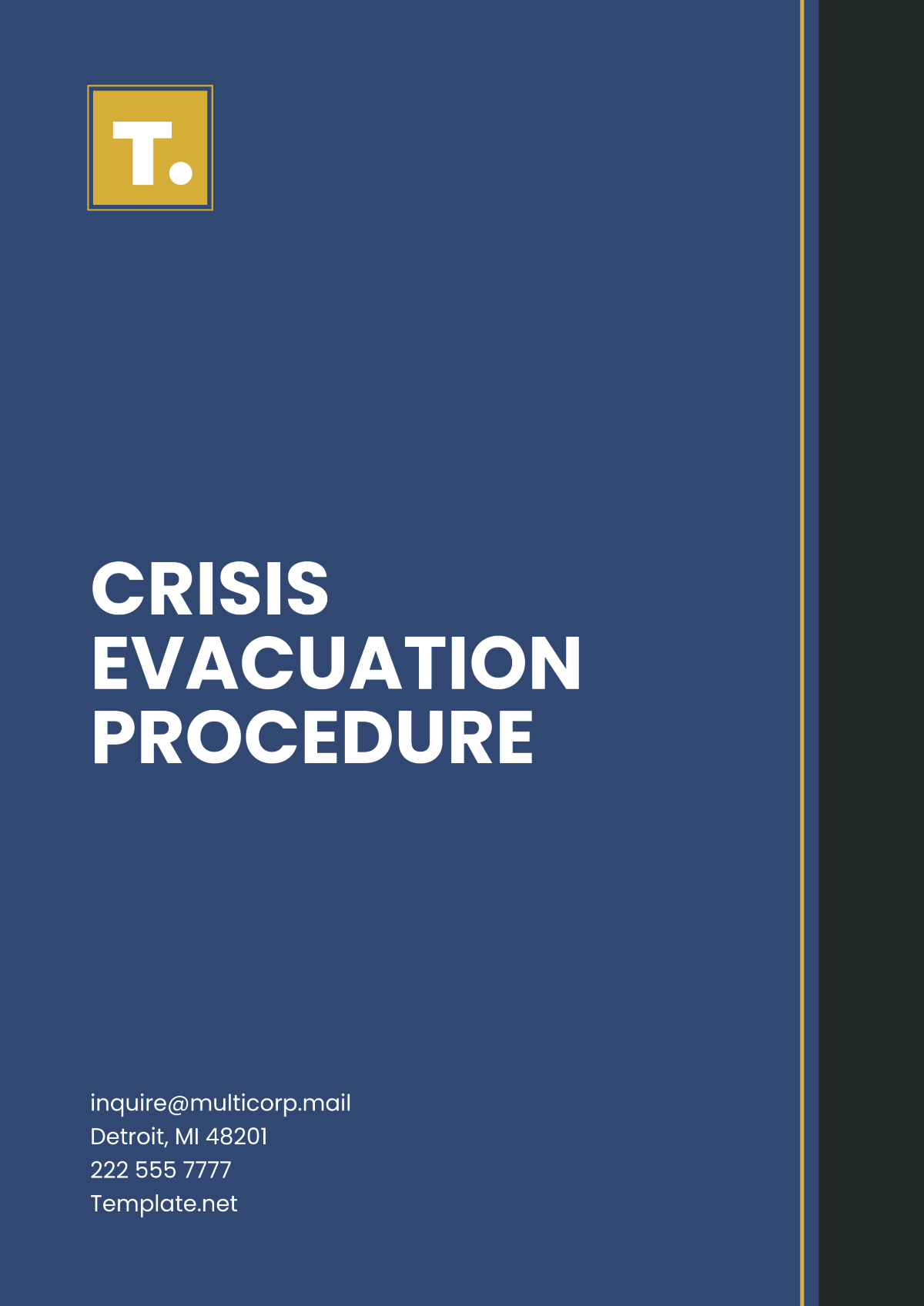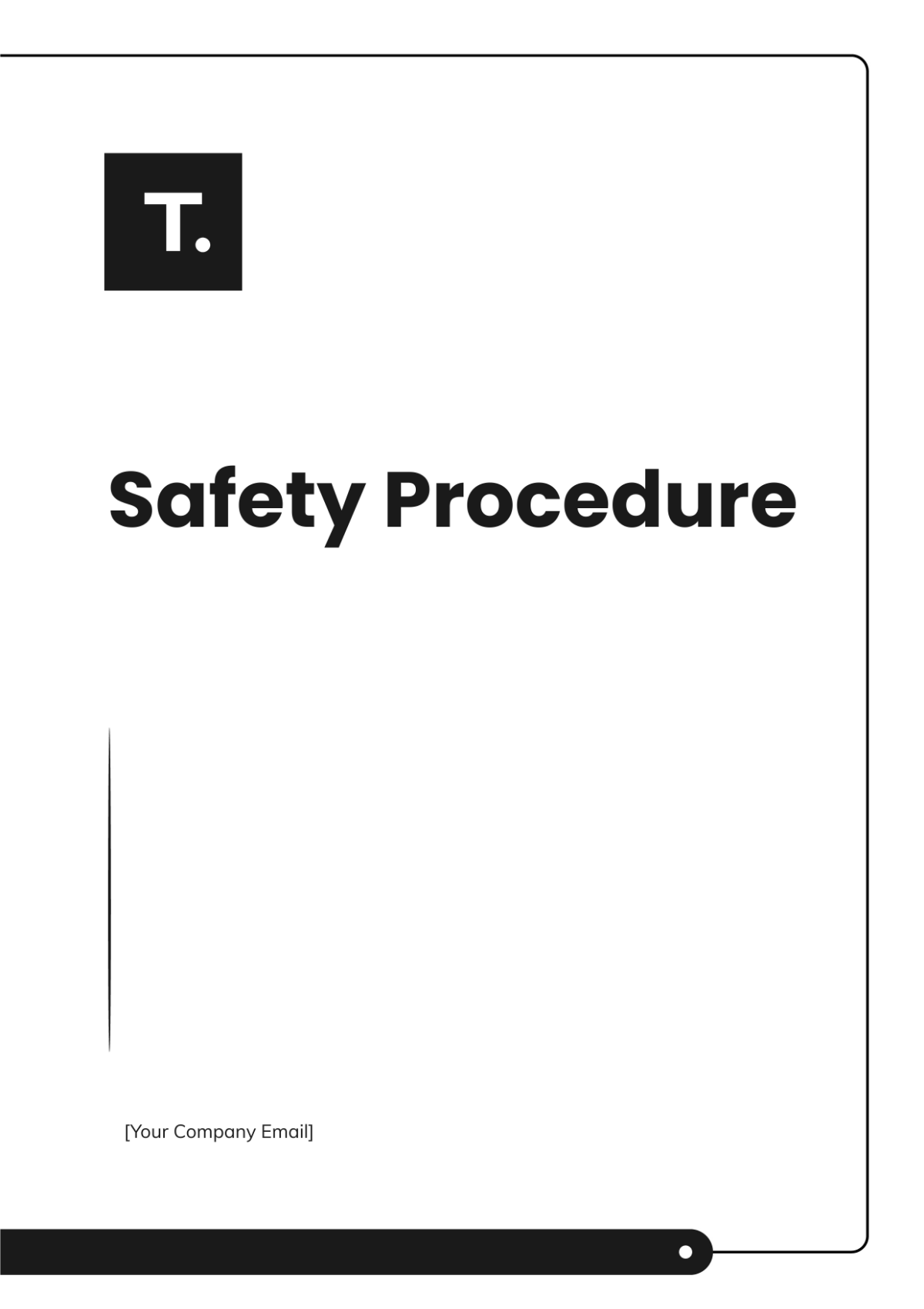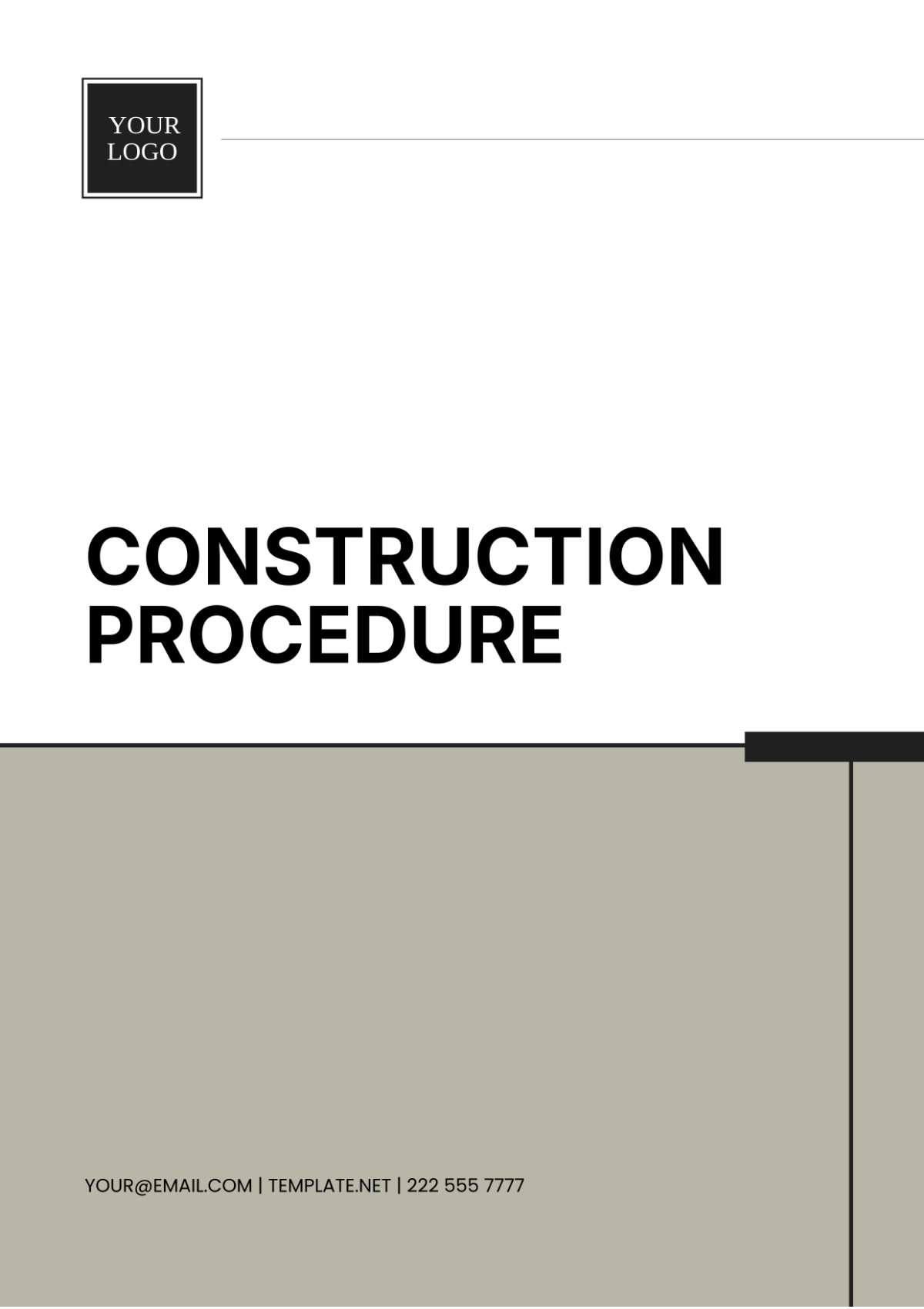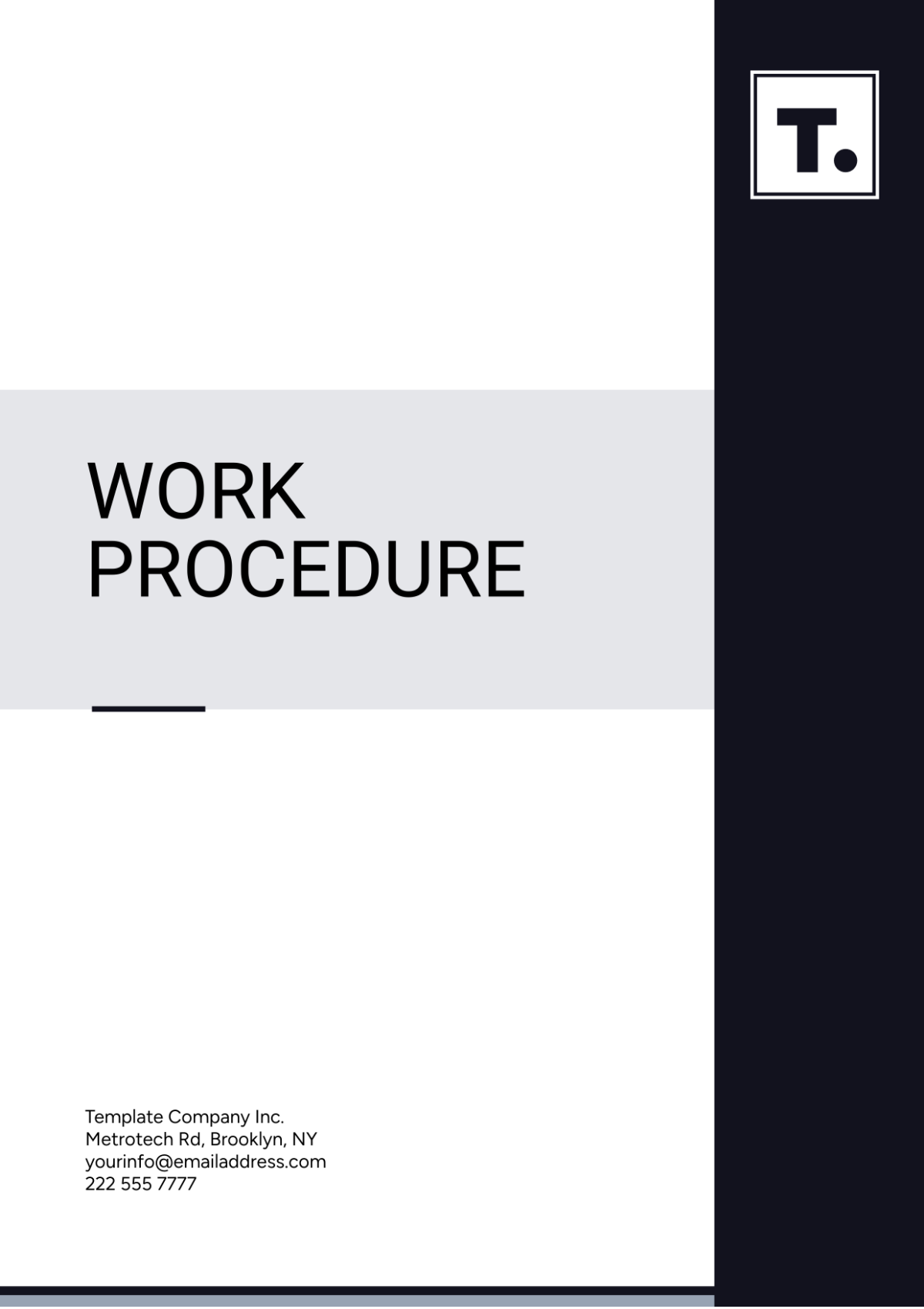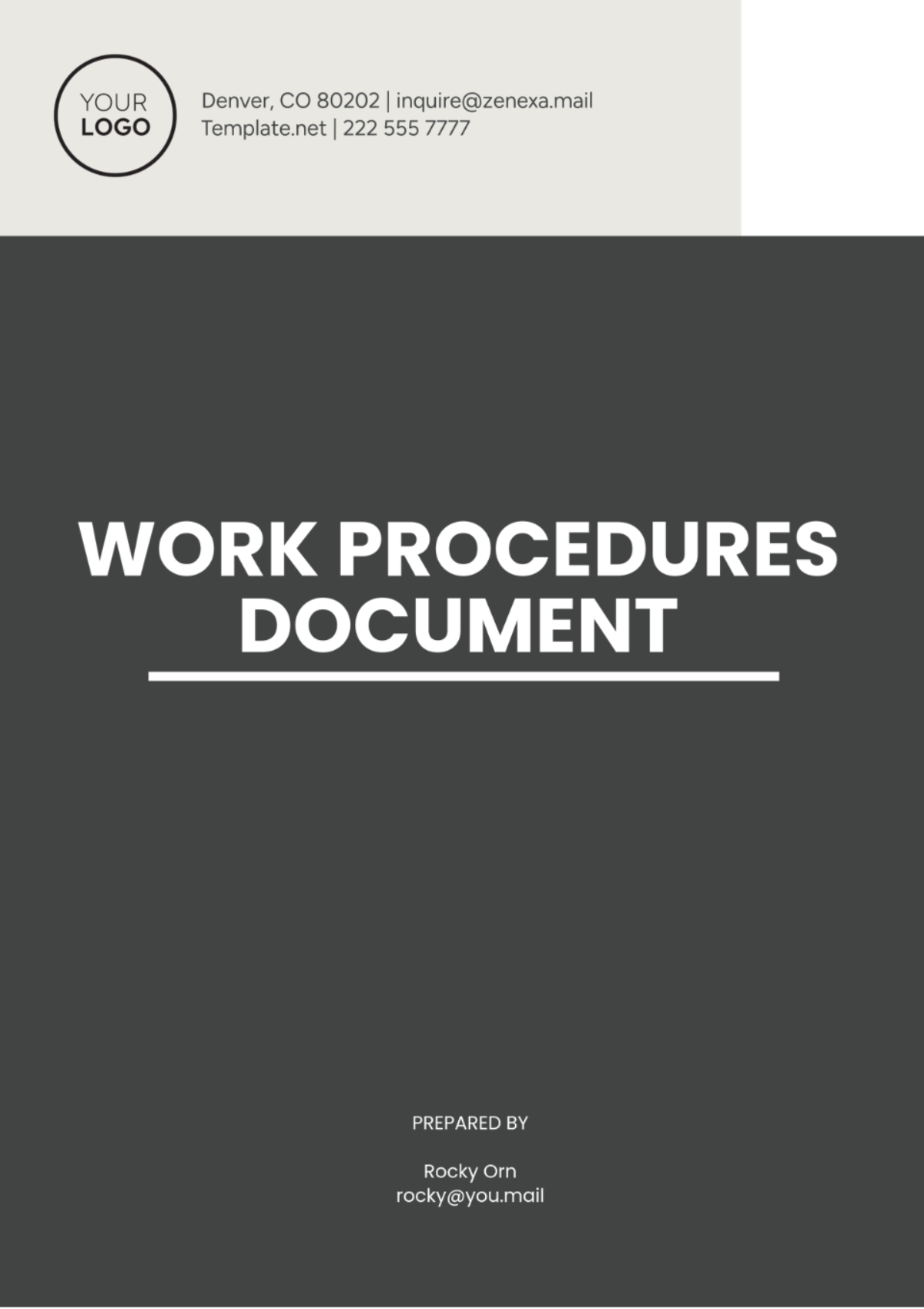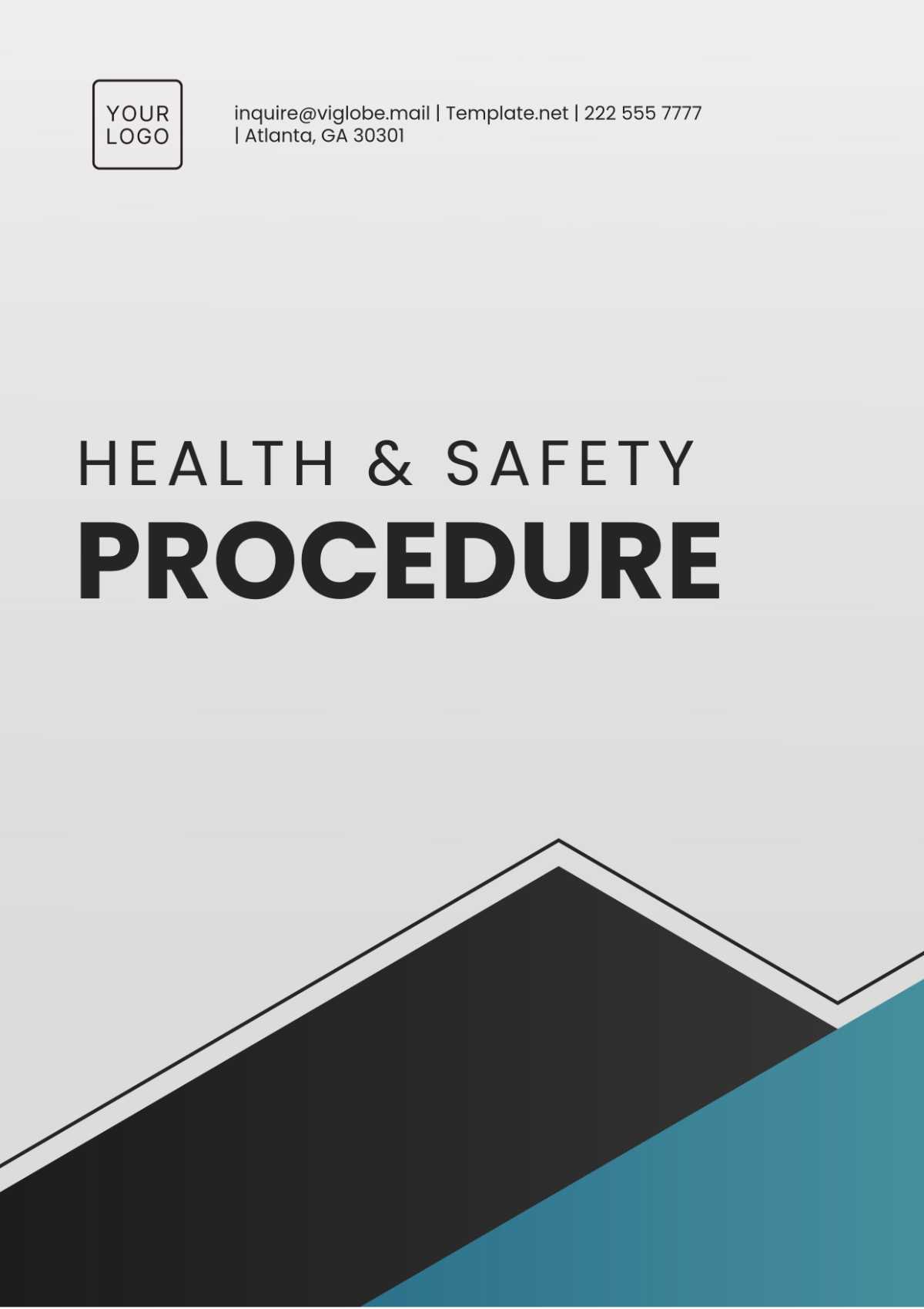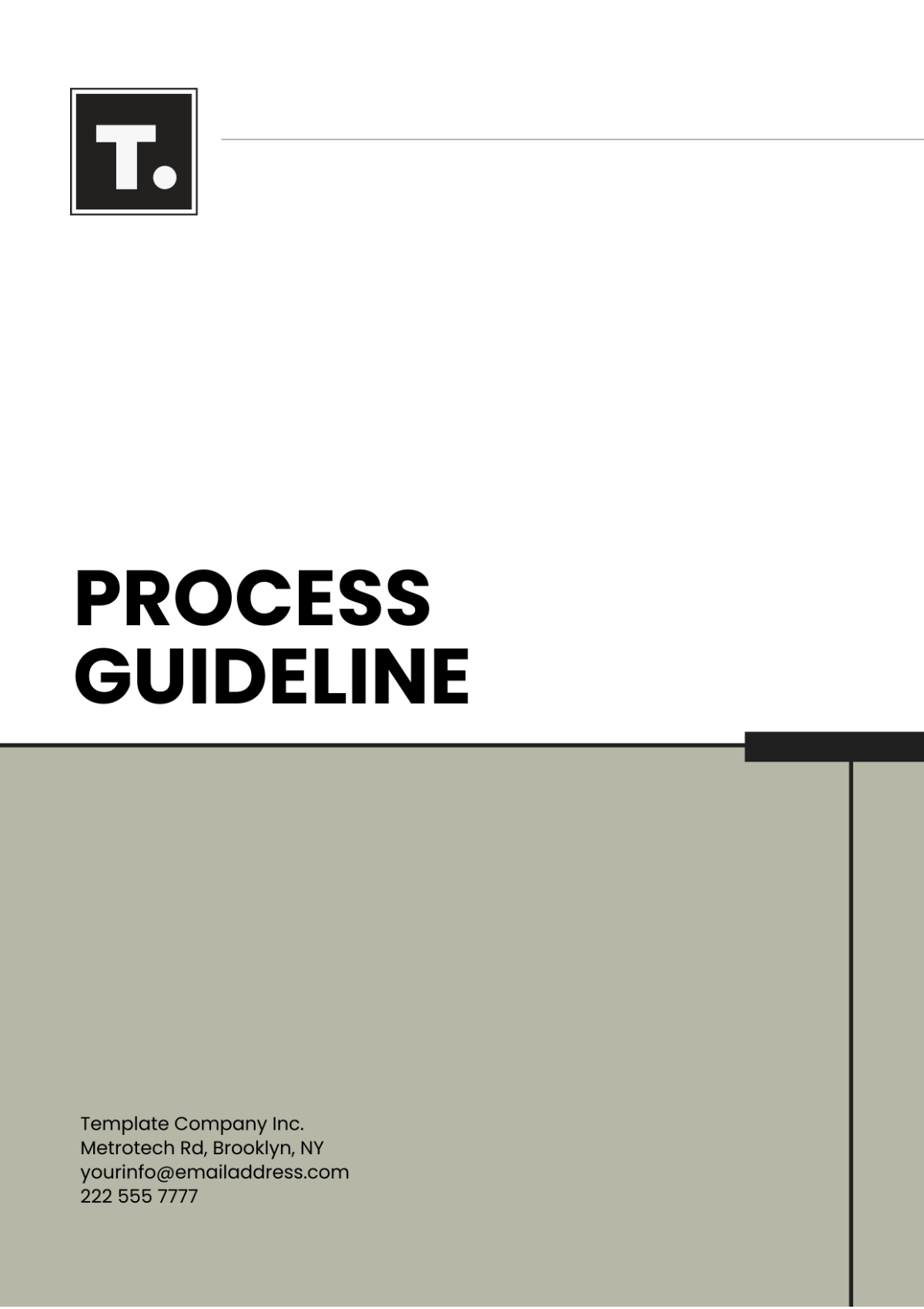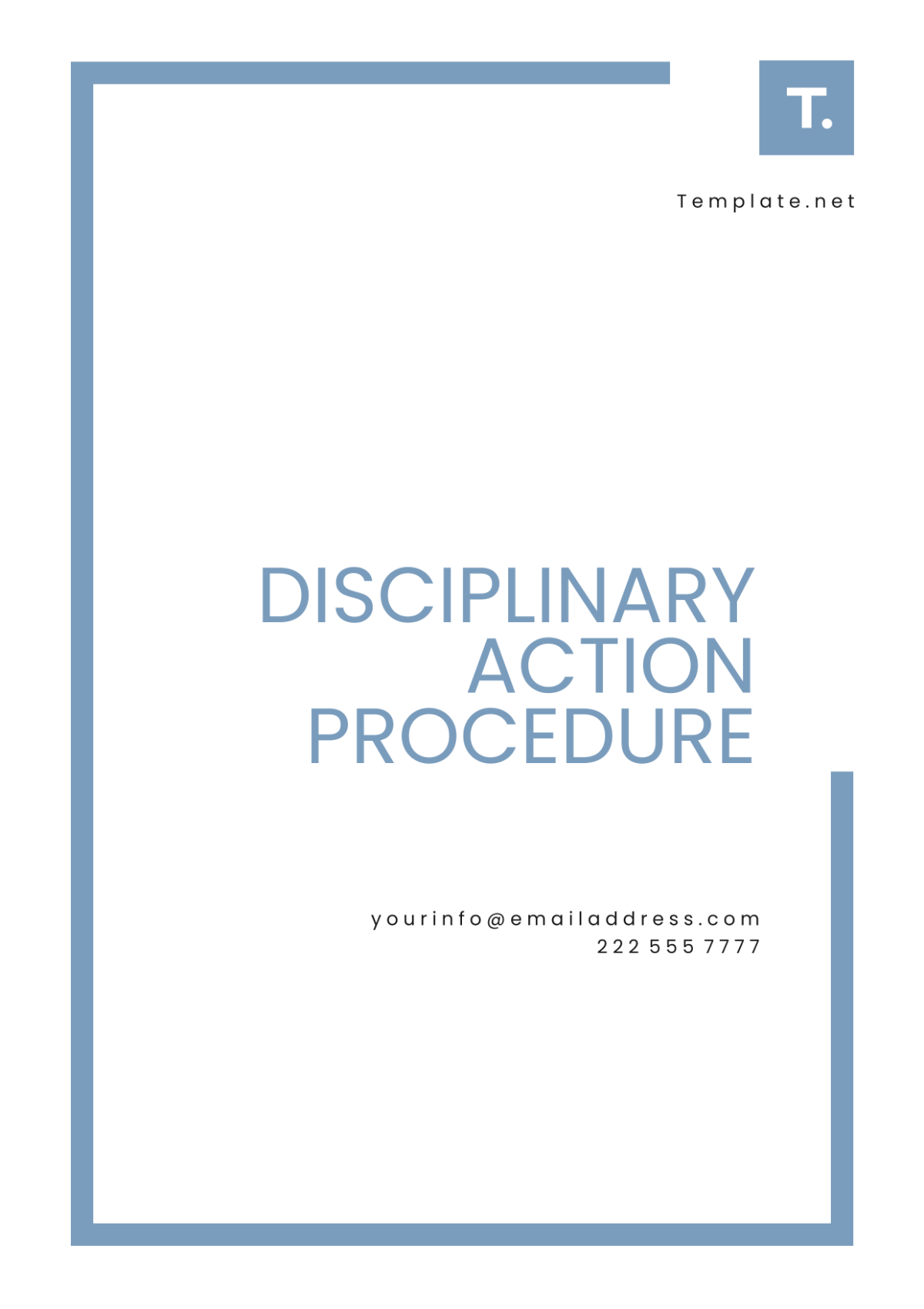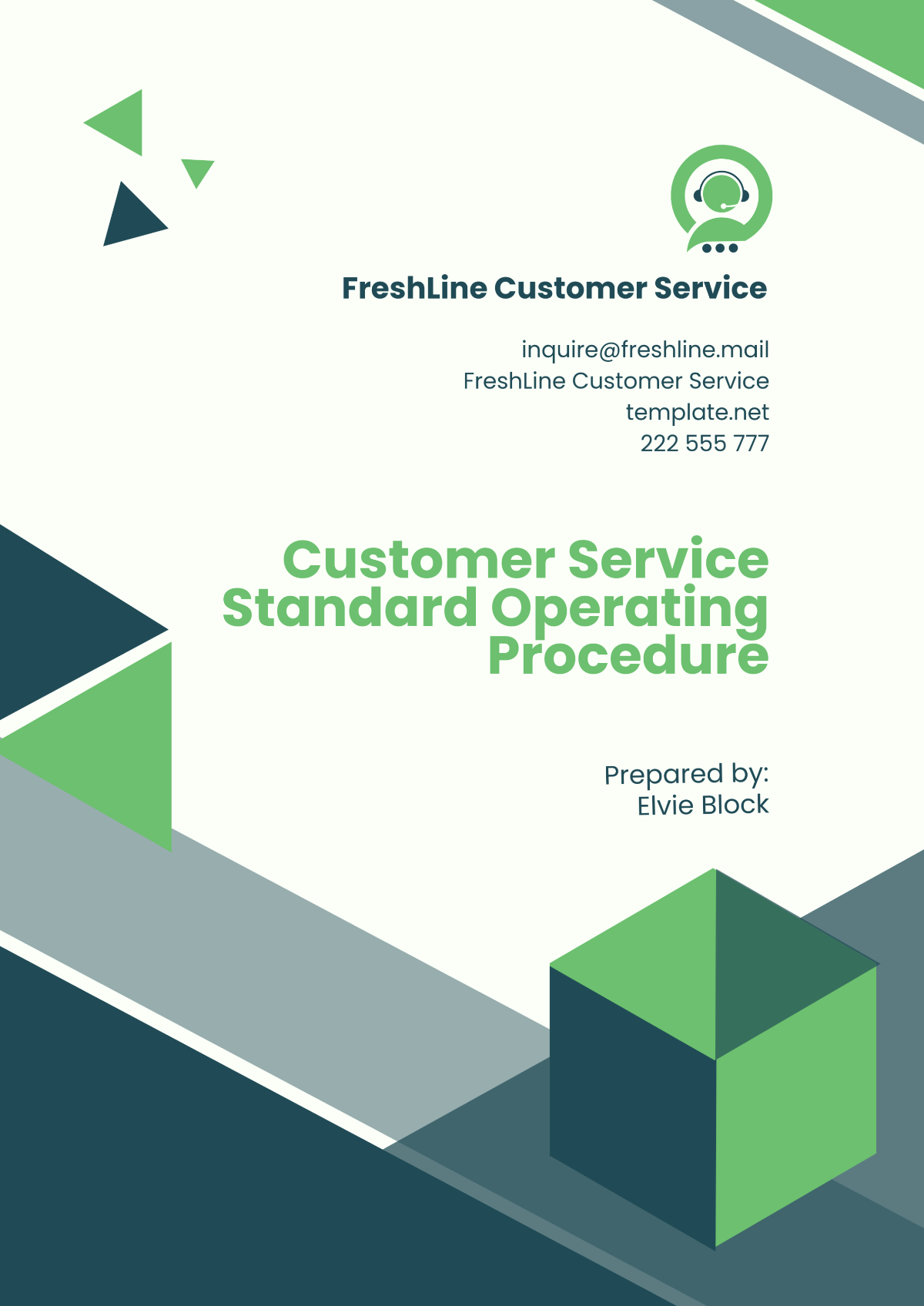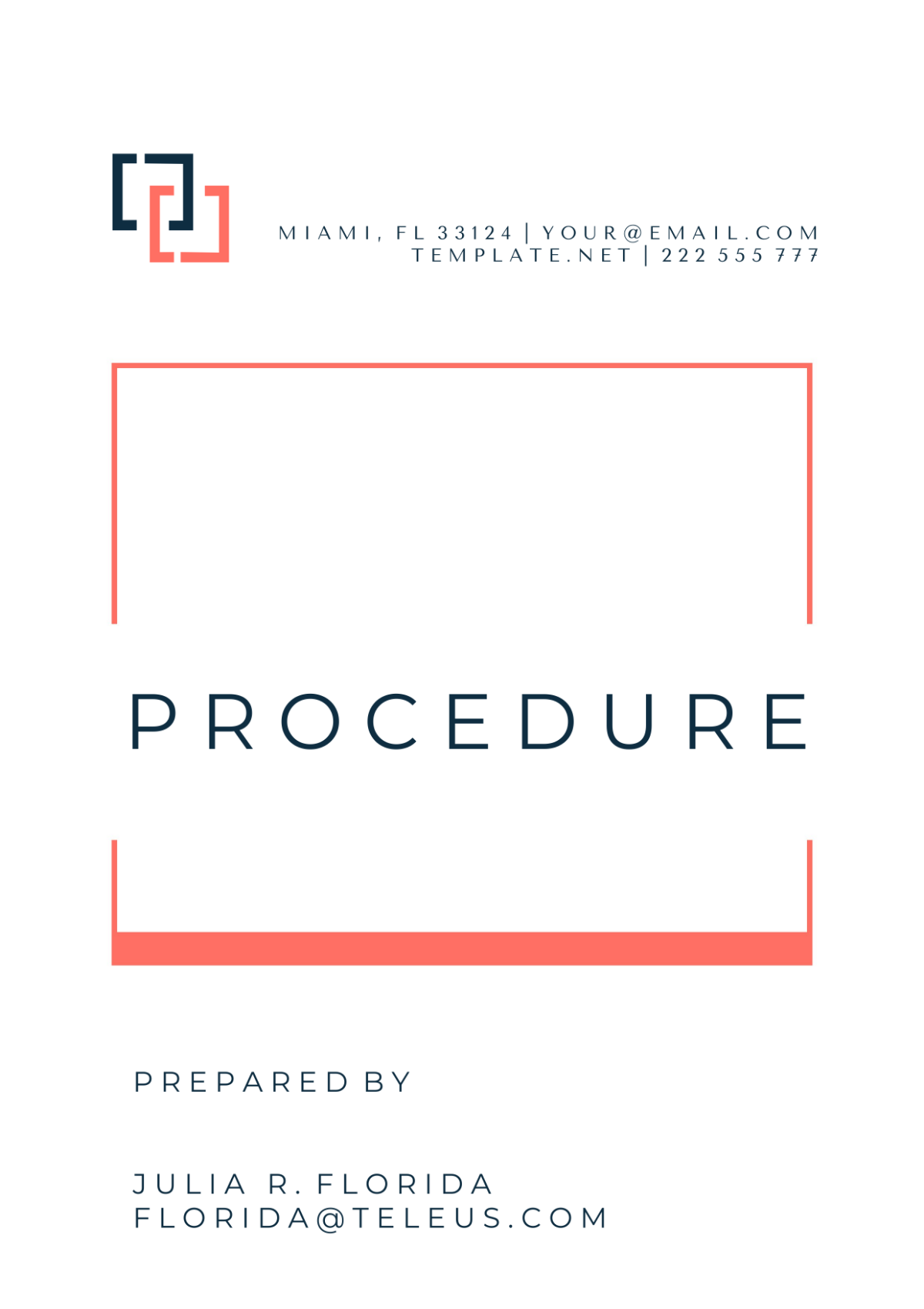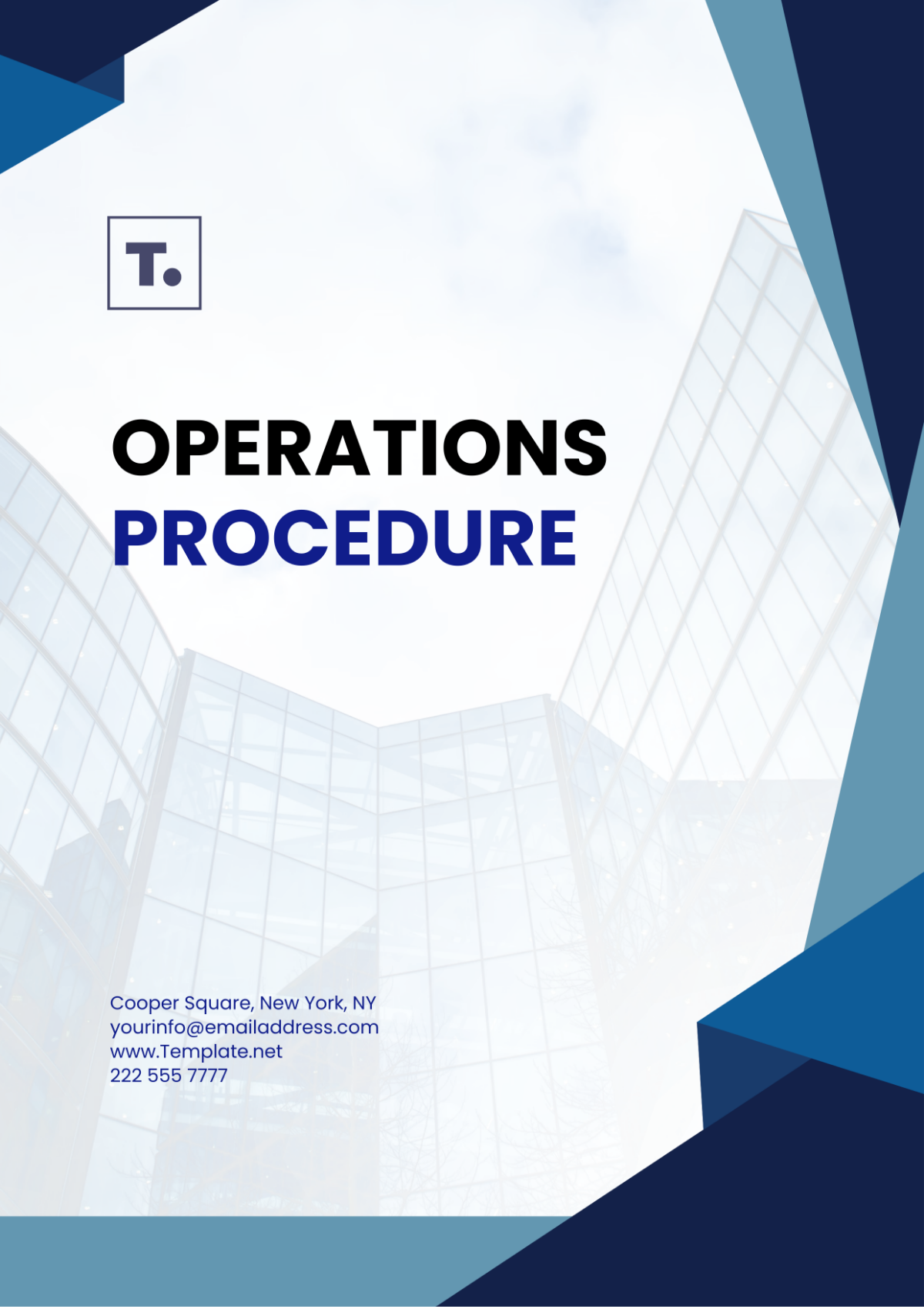Legal Case Procedure Protocol
I. Introduction
This Legal Case Procedure Protocol ("Protocol") serves as a comprehensive guide for all parties involved in legal proceedings related to [Your Company Name] ("Company"). It outlines the procedural framework and guidelines to ensure the efficient and effective management of legal cases while upholding the highest standards of professionalism, ethics, and compliance with applicable laws and regulations.
In today's dynamic and complex business environment, legal disputes and litigation are inevitable. As such, it is imperative for the Company to have a standardized protocol in place to navigate legal challenges seamlessly. This Protocol aims to promote consistency, transparency, and fairness in the handling of legal matters, thereby safeguarding the Company's interests, reputation, and relationships with clients, stakeholders, and regulatory authorities.
By adhering to the protocols outlined herein, the Company can mitigate legal risks, optimize resource allocation, and achieve favorable outcomes in legal proceedings. This Protocol is designed to be adaptable to various types of legal cases and jurisdictions, providing a structured framework that can be tailored to specific circumstances while ensuring alignment with the Company's values, objectives, and legal obligations.
II. Roles and Responsibilities
A. Legal Team
The Legal Team of [Your Company Name] comprises highly skilled professionals who play a central role in managing legal affairs and safeguarding the Company's interests. The roles and responsibilities of the Legal Team include:
[Your Company Name]'s Legal Counsel: As the chief legal officer, the Legal Counsel is responsible for formulating legal strategies, providing expert guidance and representation in legal proceedings, and ensuring compliance with all applicable laws and regulations. The Legal Counsel serves as the primary point of contact for legal matters and advises senior management on legal risks and opportunities.
Legal Associates: The Legal Associates work closely with the Legal Counsel to support various legal activities, including legal research, drafting legal documents, conducting due diligence, and liaising with external legal counsel. They play a critical role in assisting with case preparation, managing legal databases, and ensuring that all legal processes are conducted efficiently and in accordance with established protocols.
B. Client
Clients engaging with the Company's legal services have specific roles and responsibilities to facilitate the legal process effectively. These include:
[Your Client Name]: Clients are expected to provide accurate and timely information to the Legal Team, cooperate with legal proceedings, and adhere to legal advice provided by the Company. Clients must maintain confidentiality regarding privileged communications and actively participate in the development and execution of legal strategies to achieve desired outcomes.
C. External Partners
The Company may engage external partners, including law firms, consultants, and expert witnesses, to provide specialized expertise and support in legal matters. Their roles and responsibilities include:
Law Firms: External law firms are engaged to provide legal representation, litigation support, and specialized legal services as required by the Company. They work closely with the Legal Team to develop case strategies, conduct legal research, and advocate on behalf of the Company in judicial and administrative proceedings.
Consultants and Expert Witnesses: Consultants and expert witnesses may be retained to provide technical expertise, forensic analysis, or expert testimony in specific areas of law relevant to the case. Their contributions are essential for building persuasive legal arguments, substantiating claims, and achieving favorable outcomes in legal disputes.
III. Case Initiation
A. Initial Assessment
The initial assessment phase serves as the foundation for the entire legal case and involves meticulous evaluation and analysis. Key aspects of this phase include:
Data Gathering: The legal team employs advanced data collection techniques to gather a comprehensive set of information relevant to the case. This may include contracts, emails, memos, financial records, and any other documents pertinent to the dispute. For instance, in a contractual dispute with [Your Partner Company Name], the legal team meticulously gathers all relevant contracts, including any amendments or addendums, as well as communication records such as emails and meeting minutes.
Risk Analysis: Utilizing sophisticated data analytics tools and methodologies, the legal team conducts a thorough risk assessment to evaluate the potential risks and rewards associated with pursuing the case. This analysis considers various factors, including the strength of legal arguments, the likelihood of success in litigation or alternative dispute resolution mechanisms, potential financial implications such as legal costs and damages, as well as reputational risks. By leveraging data-driven insights, the legal team can make informed decisions regarding the best course of action for the client.
B. Client Consultation
Client consultation is a collaborative process aimed at understanding the client's objectives, concerns, and preferences to tailor the legal strategy accordingly. This phase involves:
Needs Assessment: The legal team conducts in-depth discussions with the client to identify their goals, priorities, and expectations regarding the legal matter. For example, in a dispute over intellectual property rights, the legal team explores whether the client seeks monetary compensation, injunctive relief to prevent further infringement, or other remedies.
Legal Strategy Alignment: Based on the client's objectives and the findings of the initial assessment, the legal team aligns the legal strategy to achieve the desired outcomes while managing expectations regarding costs, timelines, and risks involved. This may involve exploring various legal options, including negotiation, mediation, arbitration, or litigation, and providing the client with clear recommendations on the most effective approach. By ensuring alignment between the client's goals and the legal strategy, the legal team fosters trust and collaboration throughout the legal process.
IV. Pre-Litigation Phase
A. Legal Research
Thorough legal research forms the cornerstone of a strong legal case and involves in-depth analysis of relevant laws, regulations, and precedent. This phase encompasses:
Statutory Analysis: The legal team conducts a comprehensive review of relevant statutes, regulations, and legal provisions that apply to the case. For example, in a product liability lawsuit, the team analyzes consumer protection laws, product safety regulations, and any relevant industry standards to determine potential liabilities and legal obligations.
Case Law Review: By examining precedent cases, judicial decisions, and legal opinions, the legal team identifies relevant legal principles, arguments, and precedents that may support the client's position. This includes researching similar cases and rulings by appellate courts for persuasive authority. Through meticulous case law review, the legal team strengthens its legal arguments and positions, thereby enhancing the client's prospects for success.
B. Drafting Legal Documents
The drafting of precise and legally sound documents is a critical aspect of the pre-litigation phase and requires careful attention to detail. This involves:
Complaint Preparation: Drawing on the findings of legal research and case analysis, the legal team drafts the complaint or petition outlining the client's claims, factual allegations, and requested relief. This document serves as the formal initiation of the lawsuit and must comply with court rules and procedural requirements. The legal team crafts the complaint strategically to articulate the client's legal arguments clearly and concisely, laying the groundwork for a compelling case.
Legal Briefs: In support of pre-litigation negotiations or motions practice, the legal team prepares legal briefs presenting persuasive legal arguments, case citations, and supporting evidence. These briefs are meticulously crafted to articulate the client's position persuasively and effectively, addressing key legal issues and anticipating potential counterarguments. By leveraging sophisticated legal writing techniques and incorporating relevant legal precedent, the legal team enhances the persuasiveness and credibility of its arguments, thereby maximizing the client's chances of achieving a favorable outcome.
V. Litigation Phase
A. Filing of Complaint
The filing of the complaint marks the official commencement of litigation proceedings and involves several key steps:
Preparation of Complaint: Based on the findings of the pre-litigation phase, the legal team prepares a comprehensive complaint outlining the client's legal claims, factual allegations, and requested relief. This document is meticulously drafted to comply with court rules and procedural requirements, ensuring clarity, precision, and legal validity.
Filing with the Court: Once the complaint is finalized, the legal team files it with the appropriate court, along with any necessary accompanying documents and filing fees. This process may vary depending on the jurisdiction and court rules but typically involves submitting the complaint electronically or in person to the court clerk's office.
Service of Process: After filing the complaint, the legal team arranges for the service of process, ensuring that the opposing party is properly notified of the lawsuit and provided with copies of the complaint and summons. This may be accomplished through personal service by a process server, certified mail, or other approved methods as required by law.
B. Discovery
Discovery is a critical phase of litigation that allows parties to obtain relevant information and evidence from each other. Key aspects of the discovery process include:
Interrogatories: The legal team submits written interrogatories to the opposing party, consisting of a series of questions designed to elicit relevant facts, admissions, and evidence related to the case. These interrogatories must be answered under oath and within a specified time frame.
Document Production: Parties exchange documents and evidence relevant to the case through requests for production. The legal team carefully reviews the documents produced by the opposing party, identifying key evidence, inconsistencies, and potential legal arguments.
Depositions: Depositions involve sworn testimony given by witnesses or parties to the lawsuit, typically conducted in the presence of attorneys representing both sides. The legal team conducts thorough preparation for depositions, formulating strategic questions and gathering evidence to impeach adverse witnesses.
C. Motions Practice
Motions practice allows parties to request specific relief or rulings from the court on various procedural or substantive issues. Key aspects of motions practice include:
Motion to Dismiss: The legal team may file a motion to dismiss the case or certain claims on legal grounds such as lack of jurisdiction, failure to state a claim, or improper venue. The legal team argues its position through written briefs and may present oral arguments at a hearing before the court.
Motion for Summary Judgment: If there are no genuine issues of material fact and the legal team believes it is entitled to judgment as a matter of law, it may file a motion for summary judgment. This motion aims to dispose of the case without a trial based on the evidence presented during discovery.
D. Trial Preparation
Trial preparation is a meticulous process aimed at presenting the client's case effectively in court. Key aspects of trial preparation include:
Witness Preparation: The legal team prepares witnesses for trial testimony, conducting mock examinations and providing guidance on demeanor, responsiveness, and credibility. Witnesses are briefed on the sequence of questioning, potential cross-examination tactics, and strategies for presenting key facts and evidence.
Exhibit Preparation: The legal team organizes and prepares exhibits for trial, ensuring they are properly authenticated and admissible under the rules of evidence. Exhibits may include documents, photographs, videos, and other tangible evidence essential for proving the client's case.
VI. Trial Phase
A. Trial Proceedings
The trial phase involves presenting evidence, examining witnesses, and arguing legal points before the court. Key aspects of trial proceedings include:
Opening Statements: The legal team delivers opening statements outlining the case's theory, key facts, and anticipated evidence to the judge or jury. Opening statements set the stage for the trial and provide an overview of the client's position.
Witness Examination: The legal team conducts direct examination of its witnesses, eliciting testimony and presenting evidence to support the client's claims. Additionally, the legal team cross-examines adverse witnesses to challenge their credibility and undermine their testimony.
Argumentation: Throughout the trial, the legal team presents persuasive legal arguments, citing relevant case law, statutes, and legal principles to support the client's position. The legal team anticipates and responds to opposing arguments, objections, and evidentiary challenges raised by the opposing party.
B. Verdict and Judgment
Following the presentation of evidence and legal arguments, the court renders a verdict or judgment based on the facts and applicable law. Key aspects of this phase include:
Jury Deliberation: If the case is tried before a jury, the jury deliberates to reach a verdict based on the evidence presented during trial and the court's instructions on the law. The legal team monitors jury deliberations closely and may provide post-verdict analysis and feedback.
Judicial Decision: In bench trials, where the judge serves as the fact-finder, the judge issues a written decision or ruling based on the evidence and legal arguments presented. The legal team reviews the court's decision and assesses potential grounds for post-trial motions or appeals.
VII. Post-Trial Phase
A. Appeals Process
The appeals process provides an opportunity to challenge the trial court's decision and seek review by a higher court. Key aspects of the appeals process include:
Notice of Appeal: Following an adverse judgment, the legal team files a notice of appeal with the appropriate appellate court, indicating its intent to challenge the trial court's decision. This initiates the appellate proceedings and establishes the jurisdiction of the appellate court over the case.
Appellate Briefs: The legal team prepares appellate briefs presenting persuasive legal arguments, citing relevant case law, statutes, and legal principles to support its position on appeal. Appellate briefs are meticulously crafted to address errors of law or fact made by the trial court and to persuade the appellate court to overturn the lower court's decision.
Oral Argument: In some cases, the appellate court may schedule oral argument, during which the legal team presents its case orally before a panel of appellate judges. Oral argument allows the legal team to address questions from the judges, clarify legal issues, and advocate for its client's position in person.
B. Enforcement of Judgment
Once a judgment has been rendered and all avenues for appeal have been exhausted, the legal team focuses on enforcing the court's decision. Key aspects of the enforcement process include:
Judgment Collection: The legal team takes proactive steps to collect any monetary judgments awarded to the client, such as obtaining writs of execution, garnishing wages, or placing liens on property owned by the judgment debtor. This may involve working with law enforcement agencies, collection agencies, or other third-party service providers to enforce the judgment effectively.
Injunctive Relief: In cases where injunctive relief is granted, the legal team ensures compliance with court orders by monitoring the opposing party's actions and taking appropriate legal measures to enforce the terms of the injunction. This may include seeking contempt sanctions for violations of court orders or seeking additional relief to remedy non-compliance.
VIII. Conclusion
This Legal Case Procedure Protocol provides a comprehensive framework for managing legal cases from initiation through post-trial proceedings. By following the procedures outlined in this protocol, [Your Company Name] can navigate the complexities of legal disputes effectively, safeguard its interests, and achieve favorable outcomes for its clients. Adherence to this protocol promotes consistency, efficiency, and compliance with legal standards, thereby enhancing the Company's reputation and credibility in the legal community.
For any inquiries or clarifications regarding this protocol, please contact [Your Company Name]'s Legal Department at [Your Company Email].
[Your Company Name]
[Your Company Address]
[Your Company Number]

